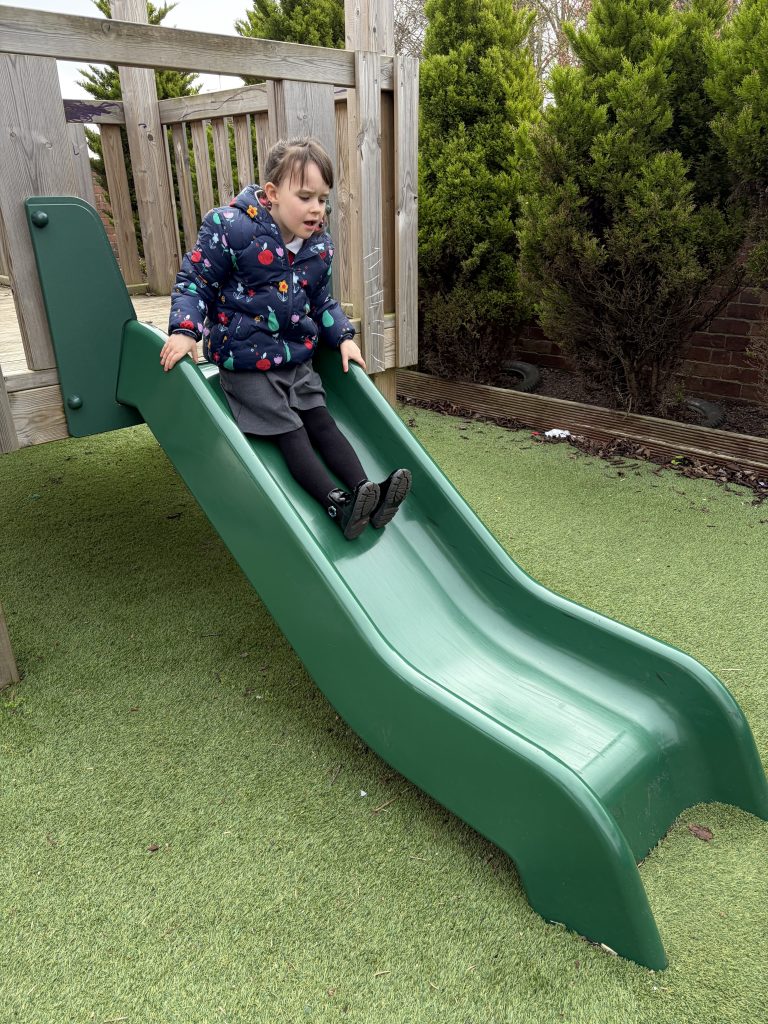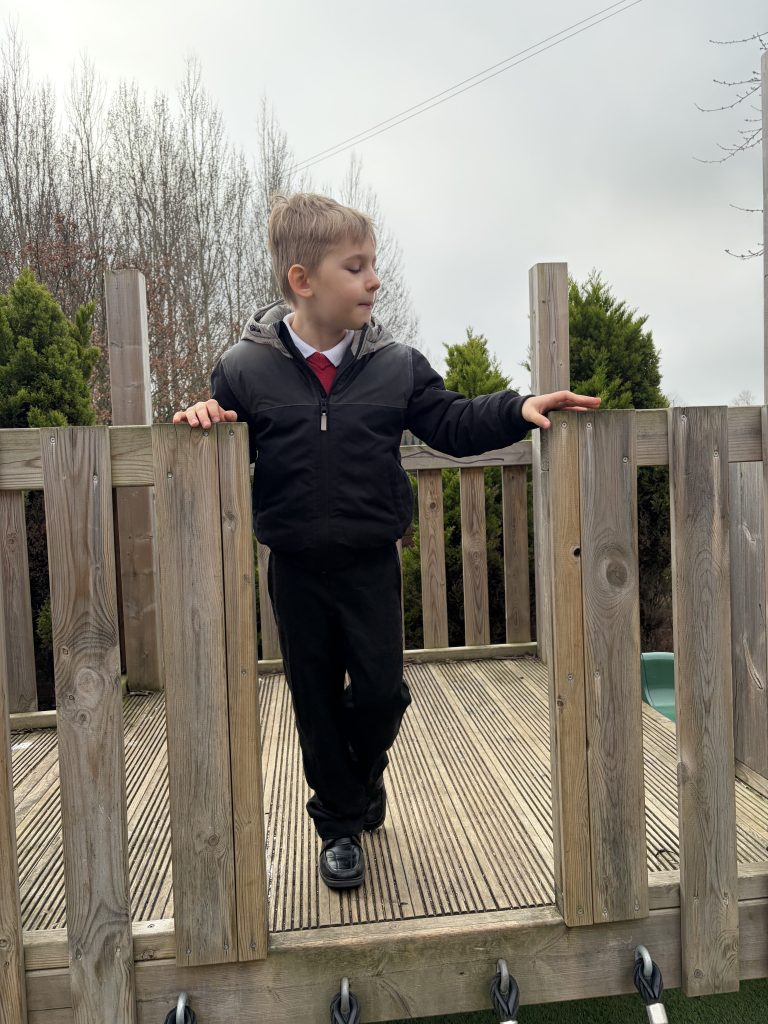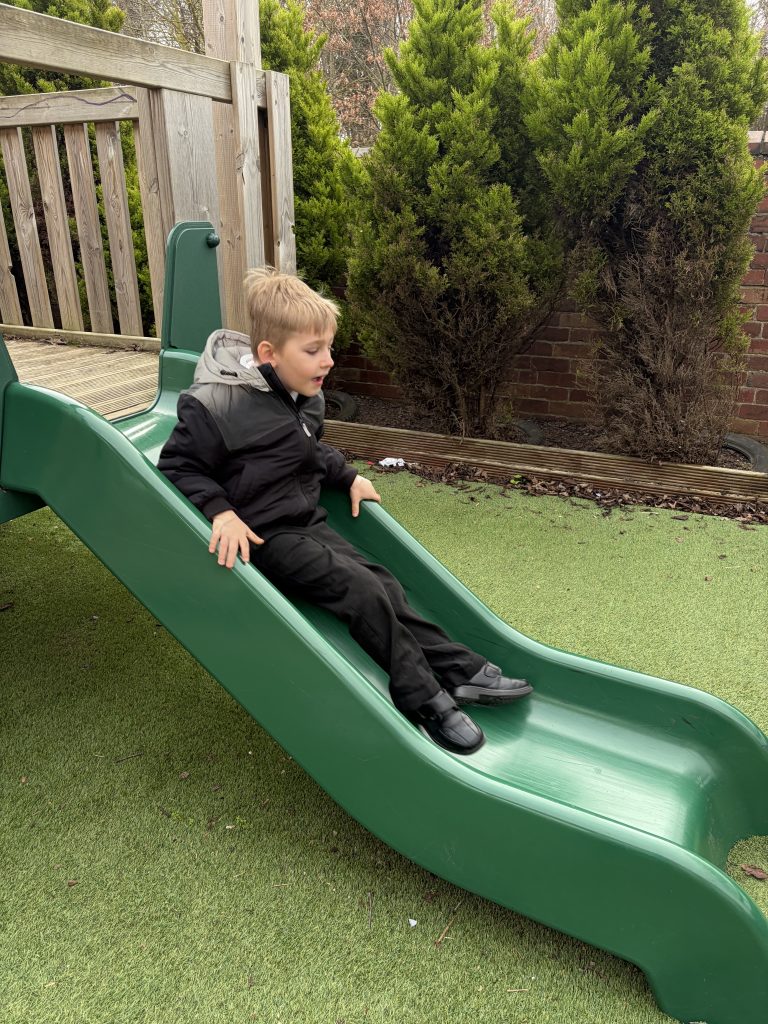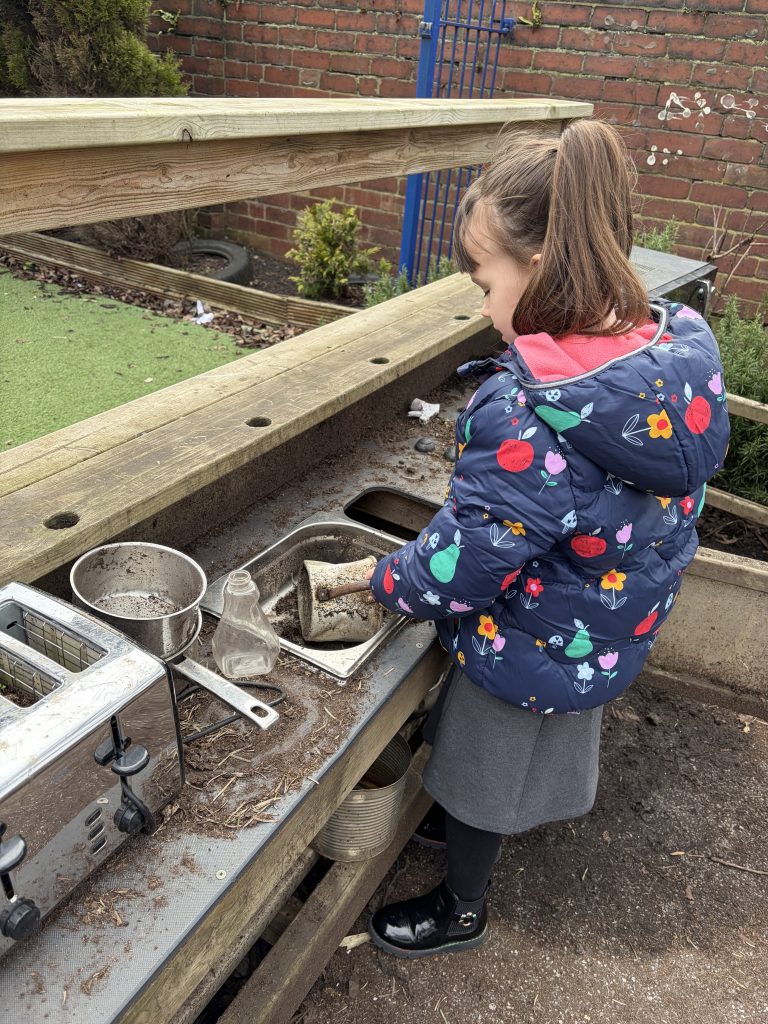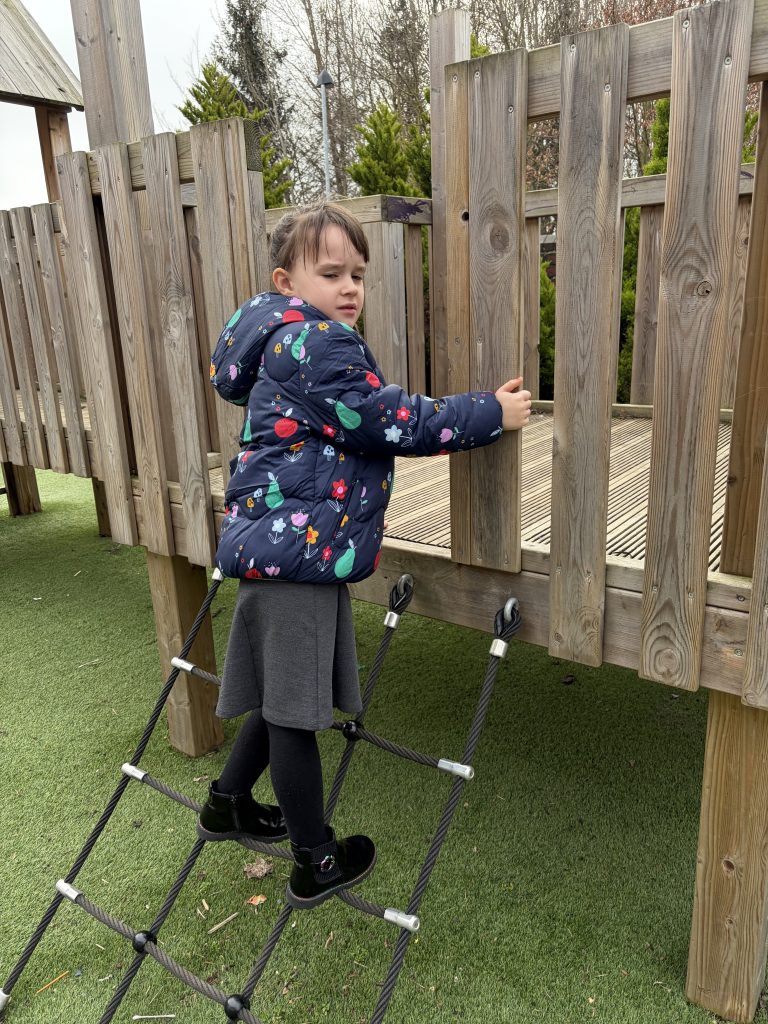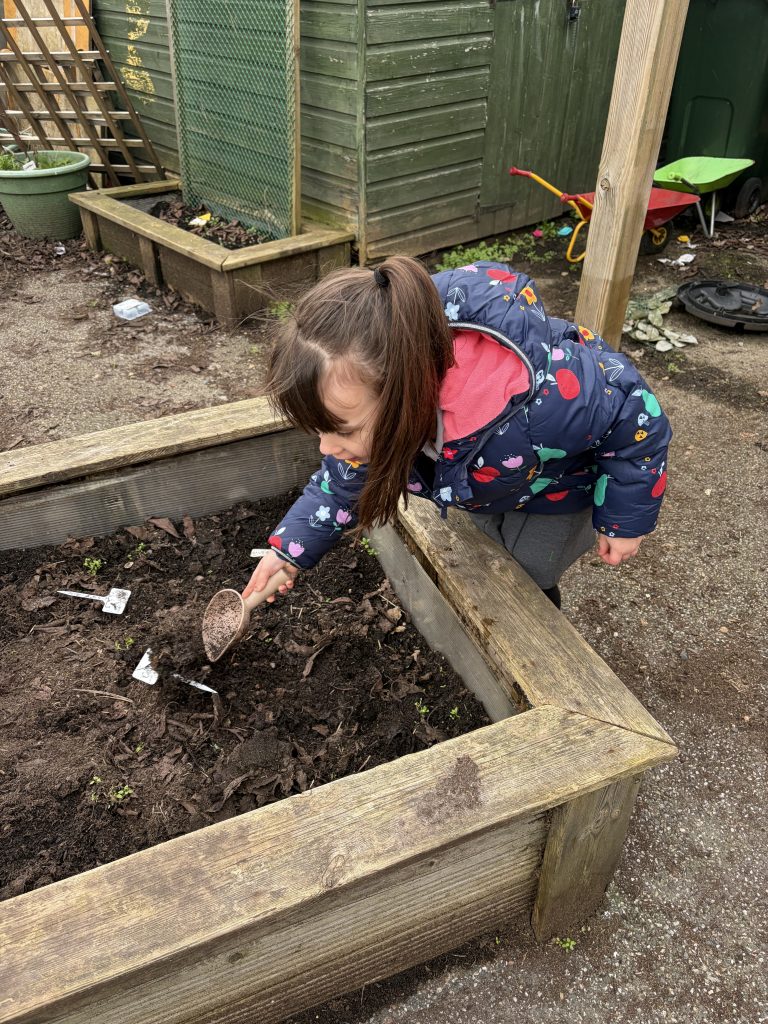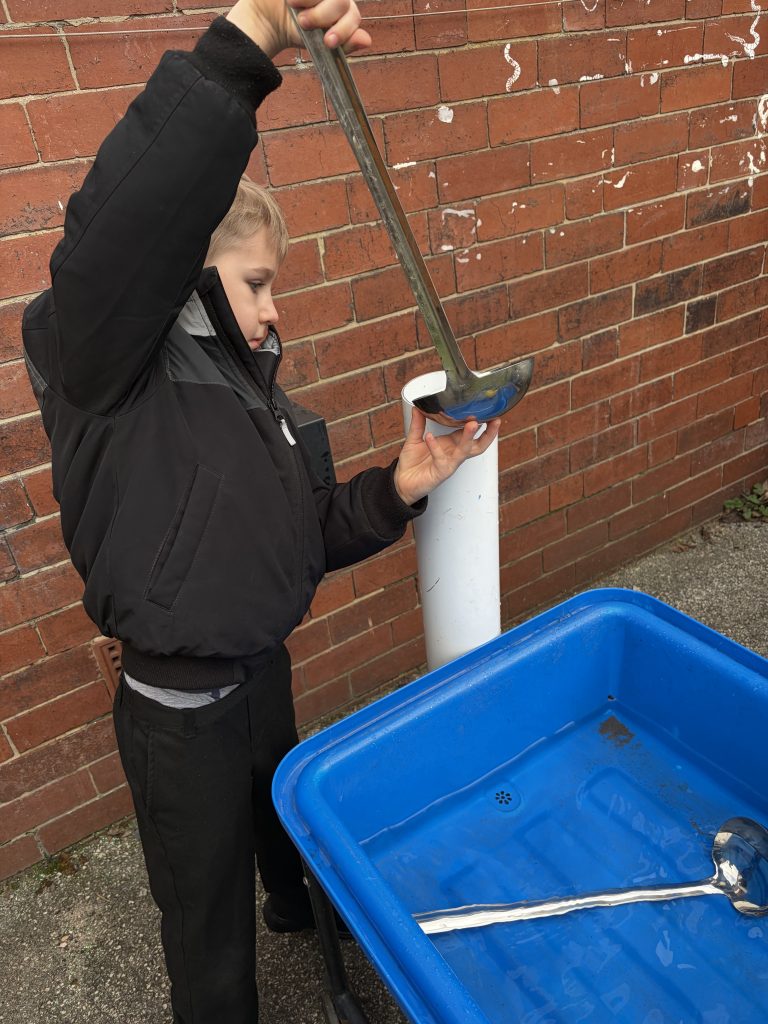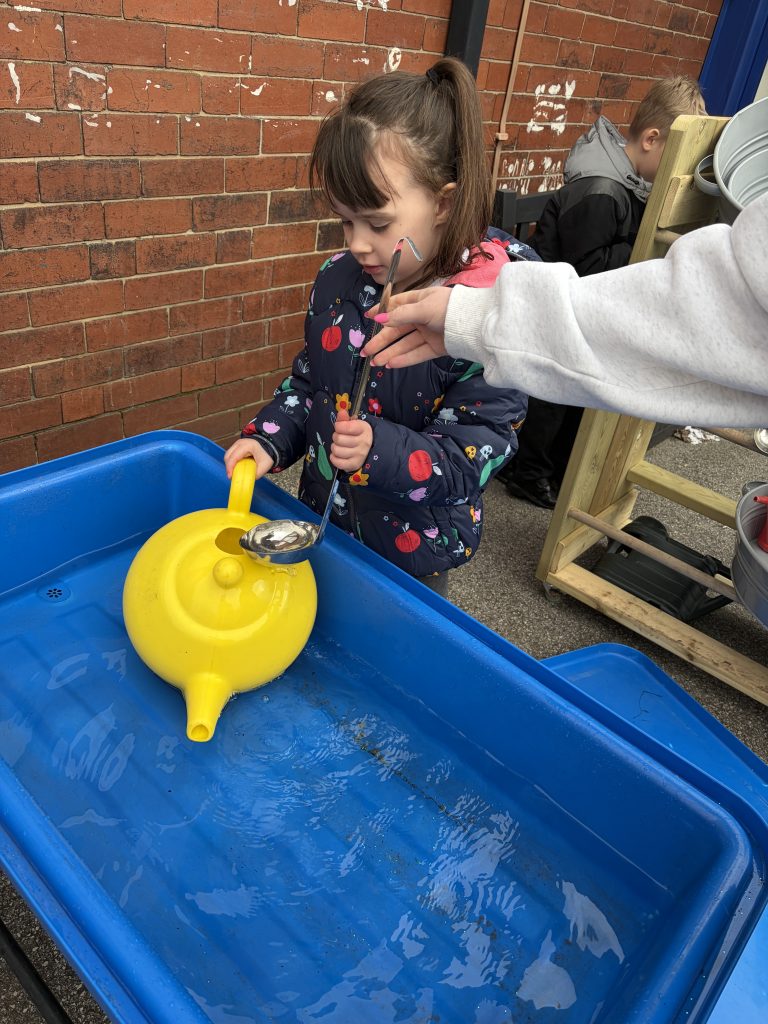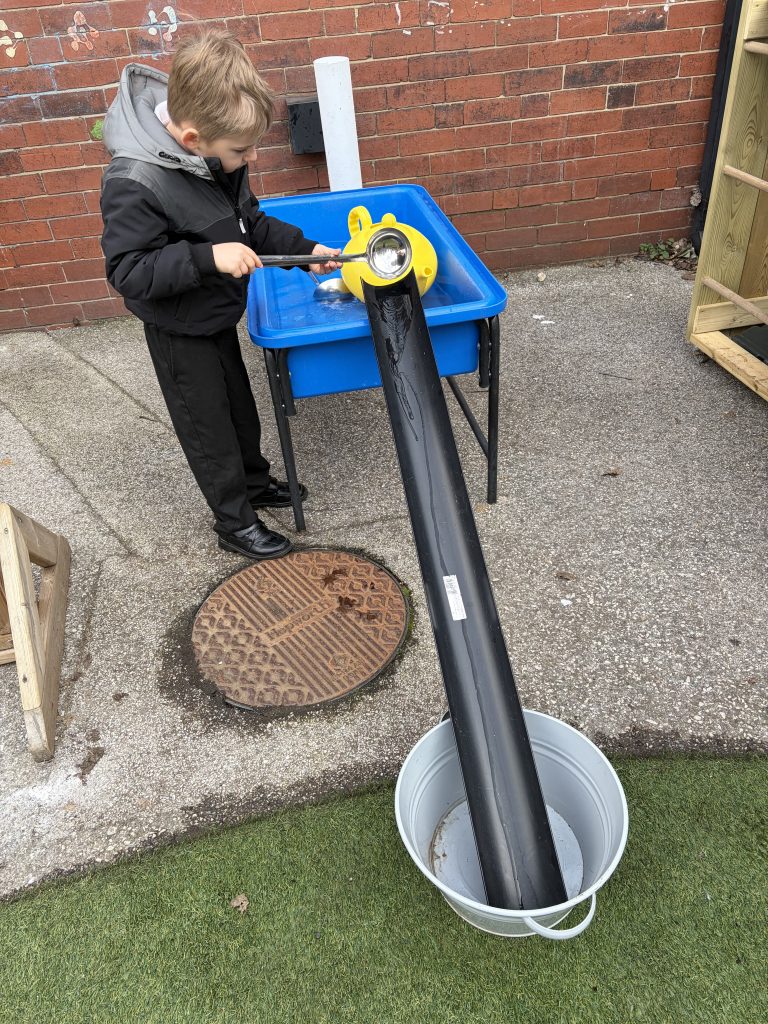Crew Colclough, had a fantastic day celebrating World Book Day!
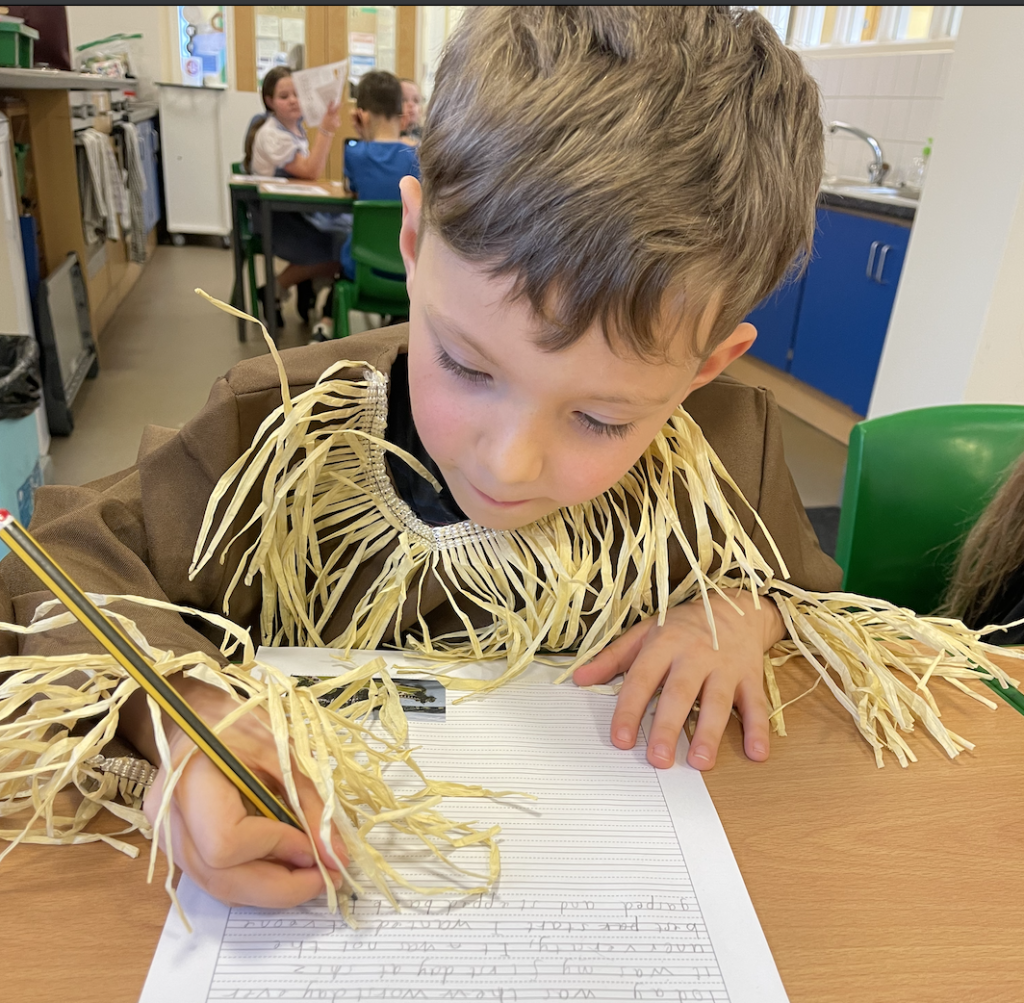
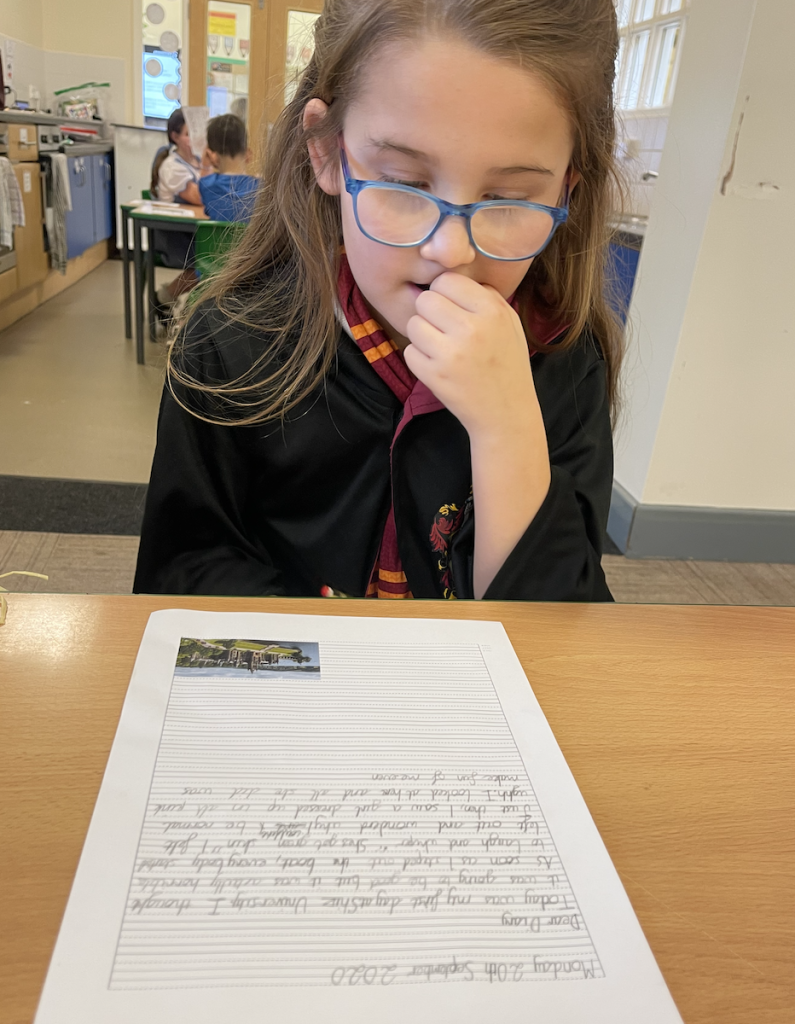
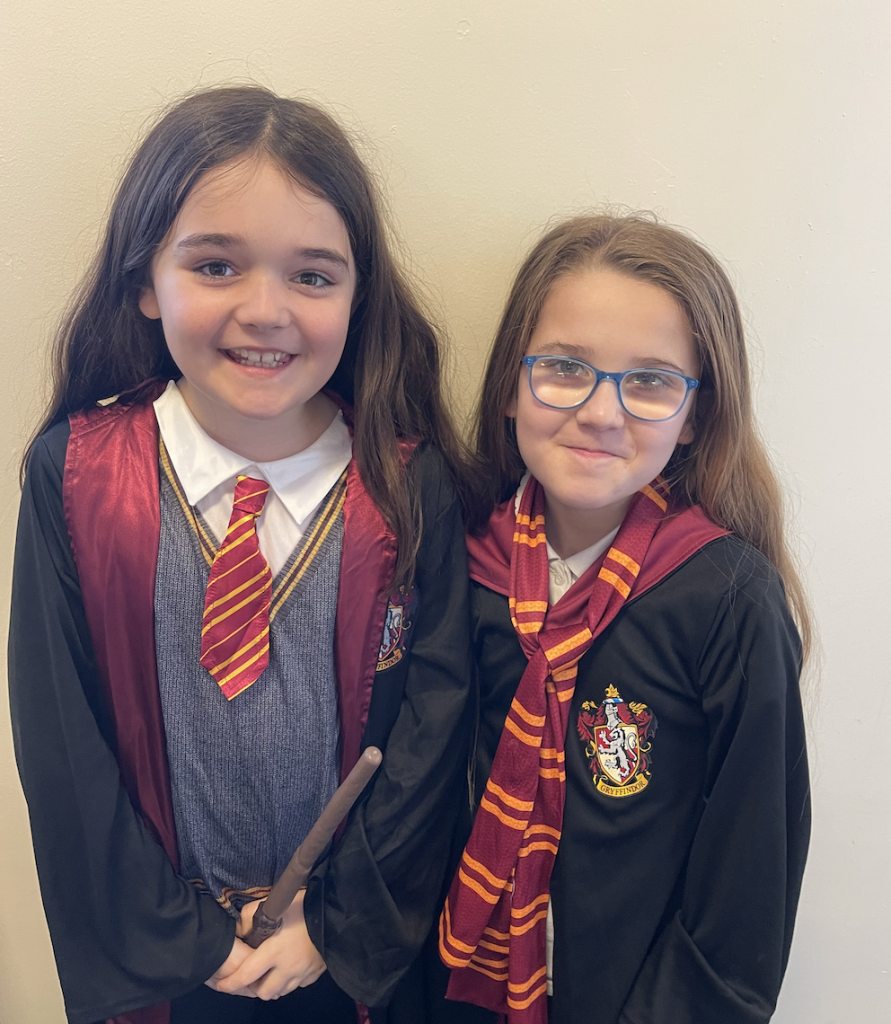
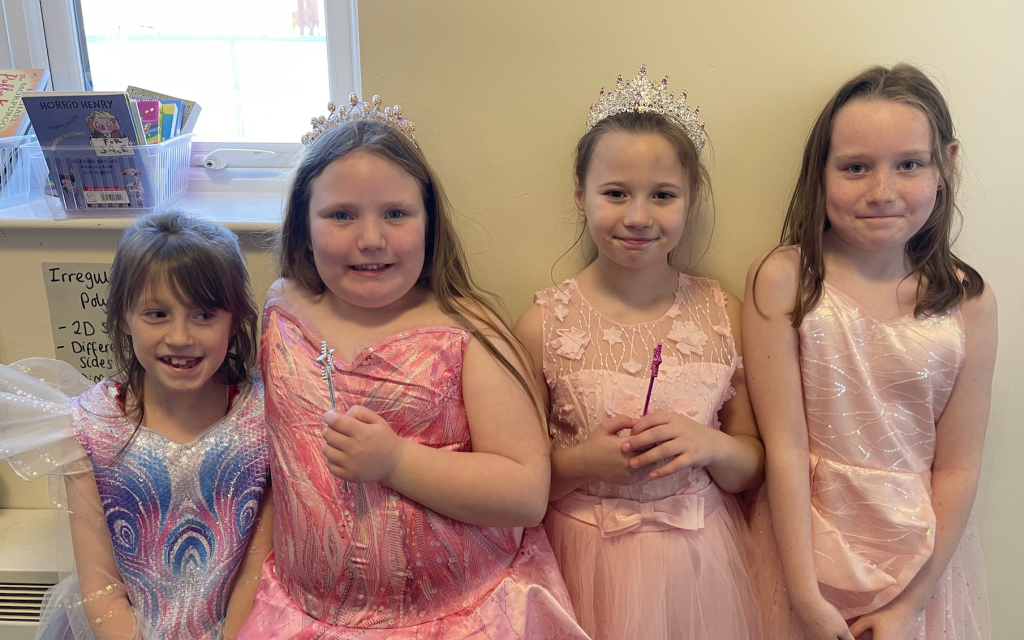
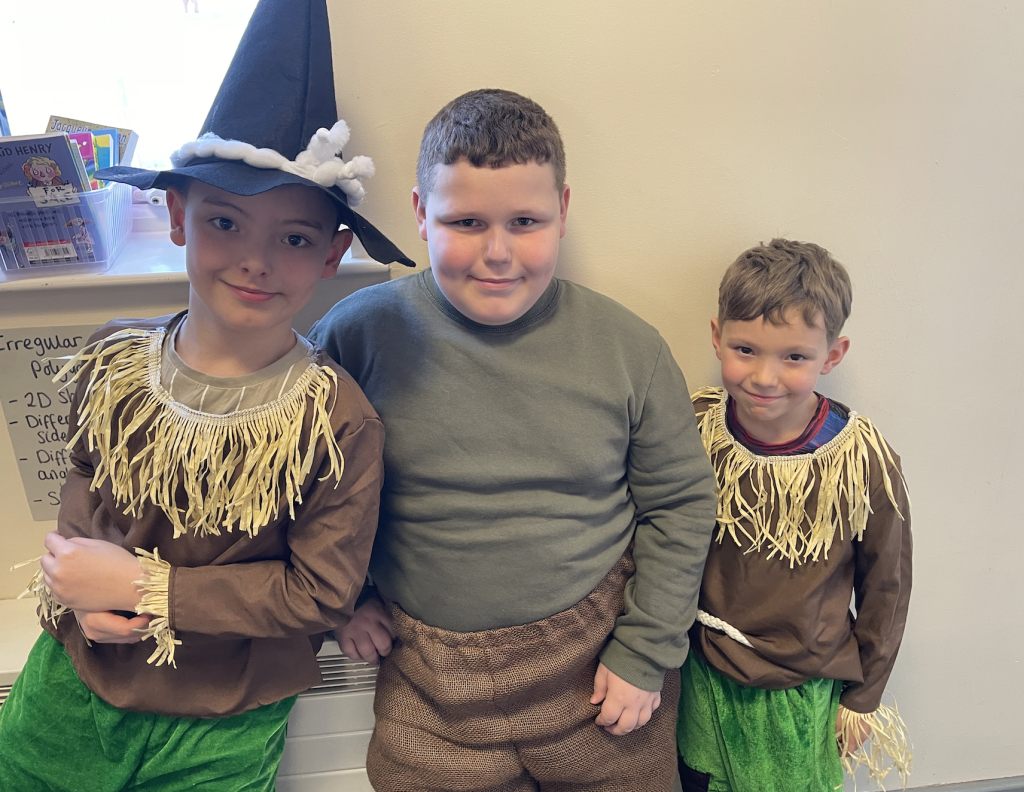
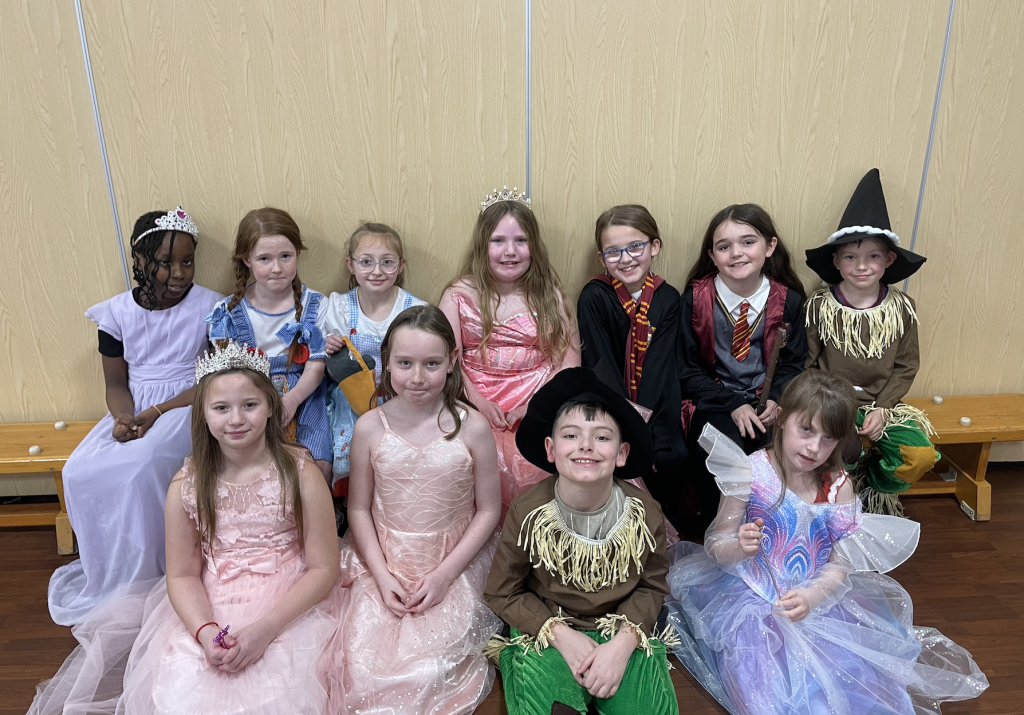
Crew Colclough, had a fantastic day celebrating World Book Day!






Today in p.e the children completed an assault course using scooters.
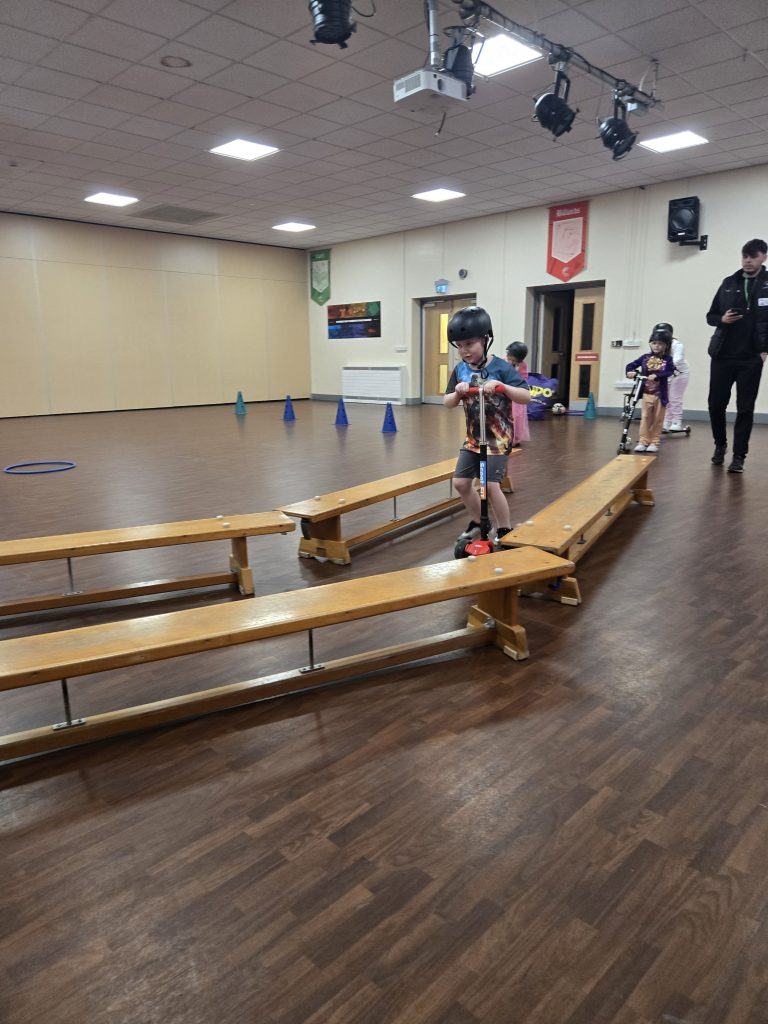
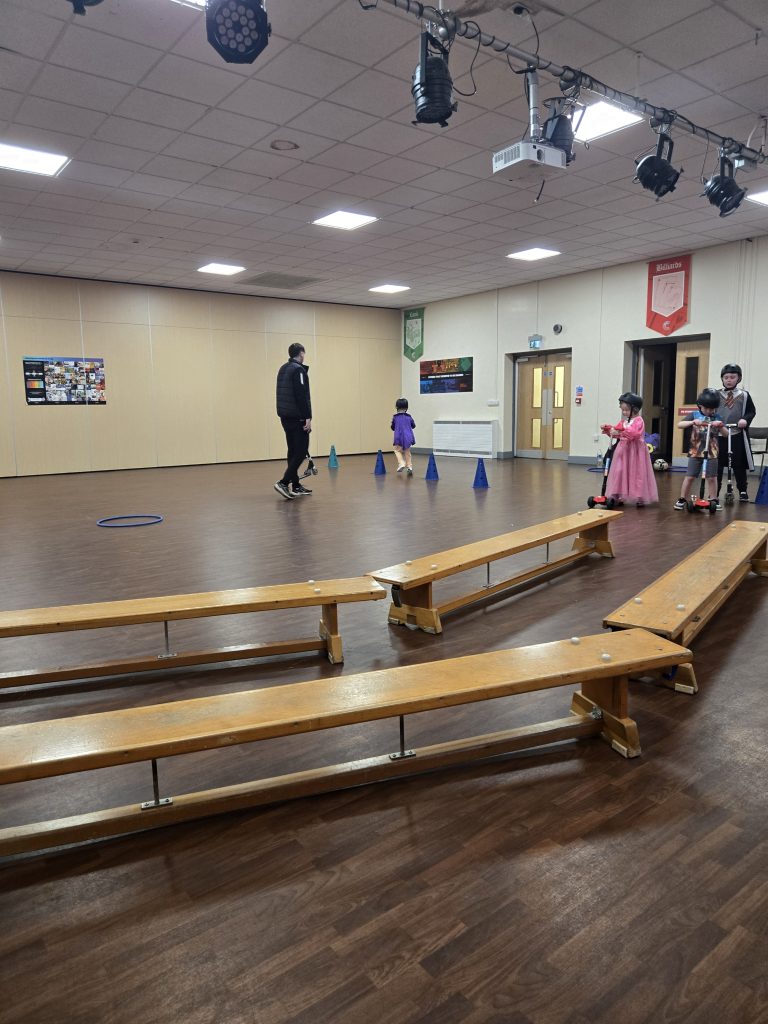
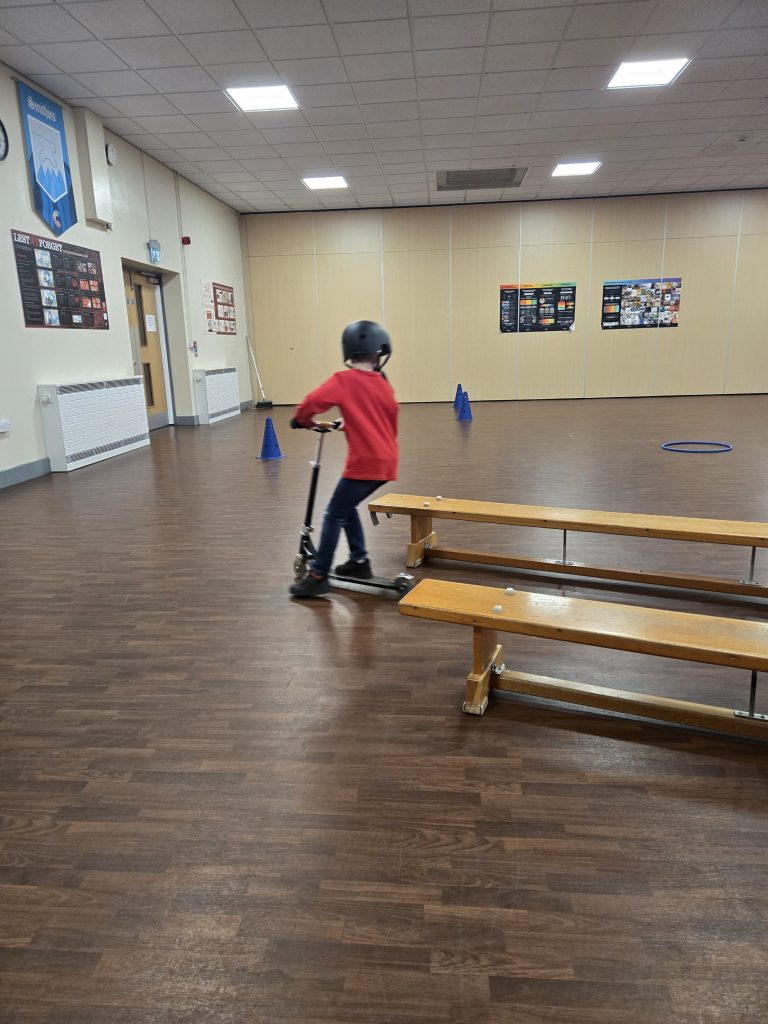
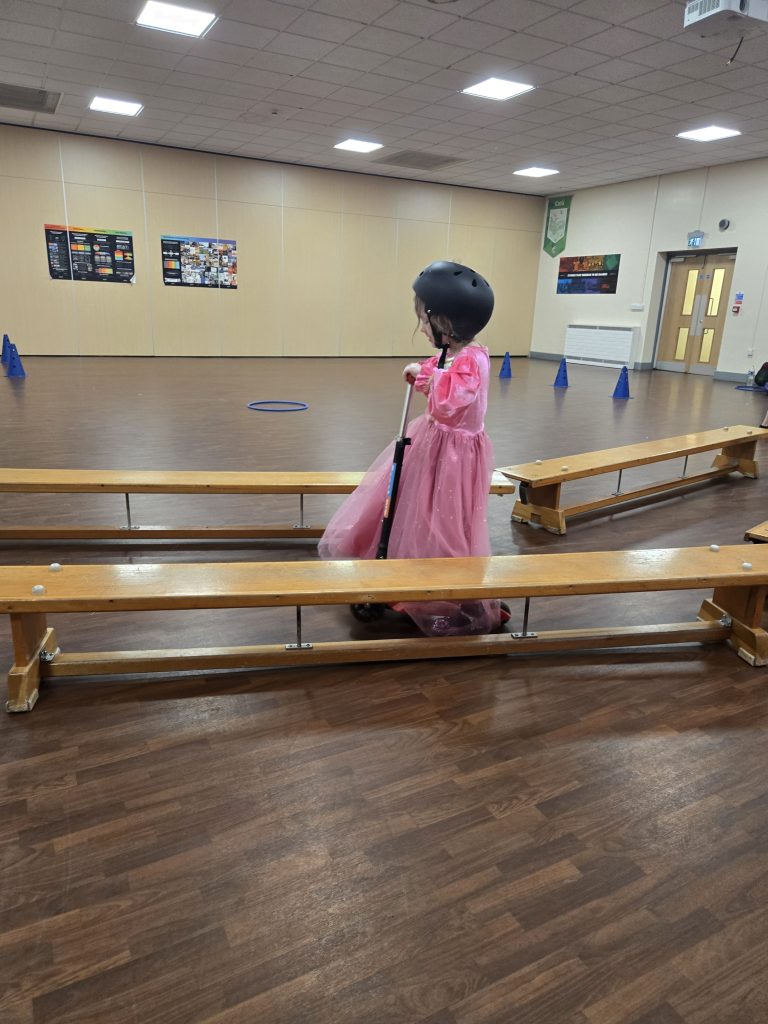
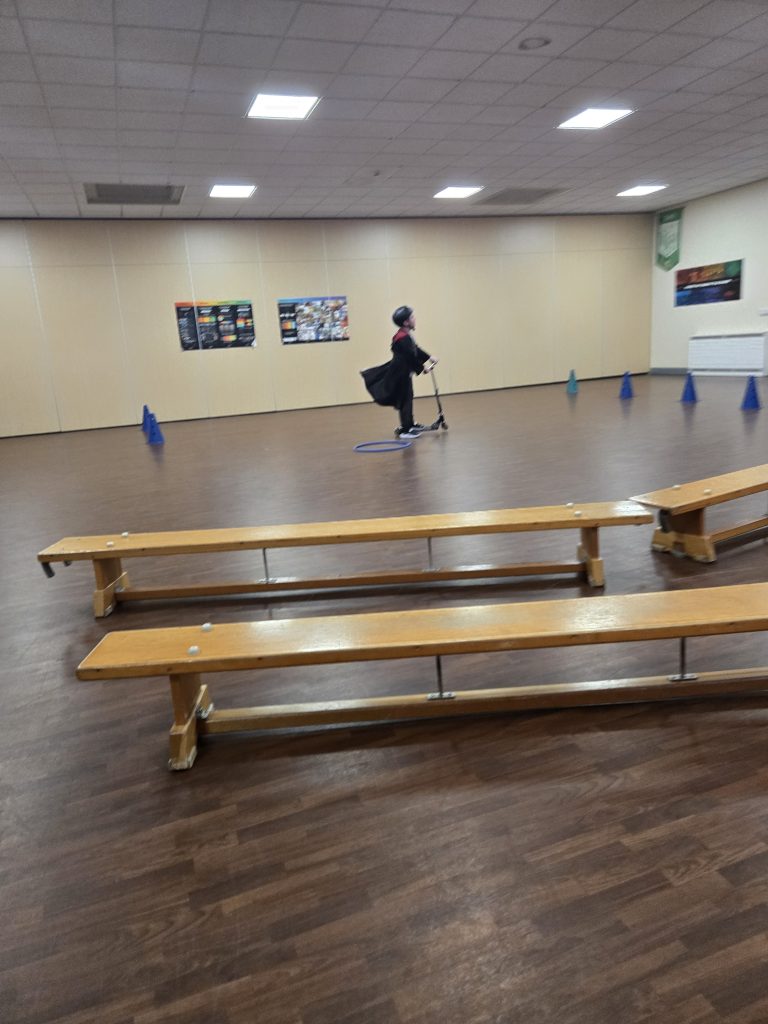
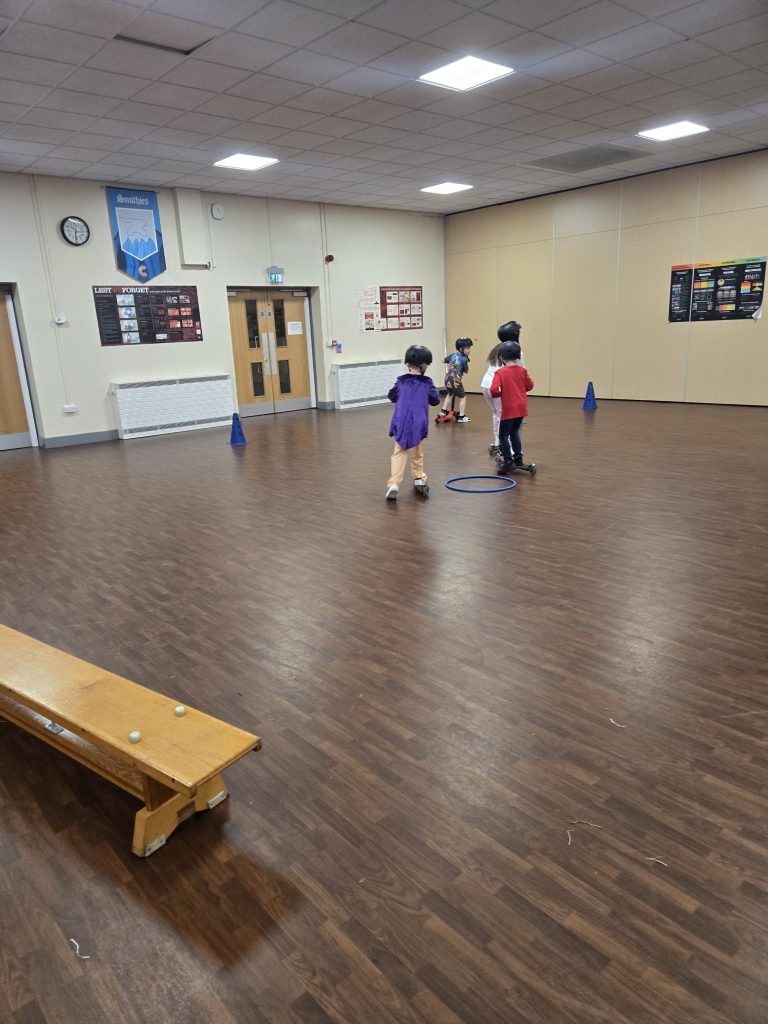
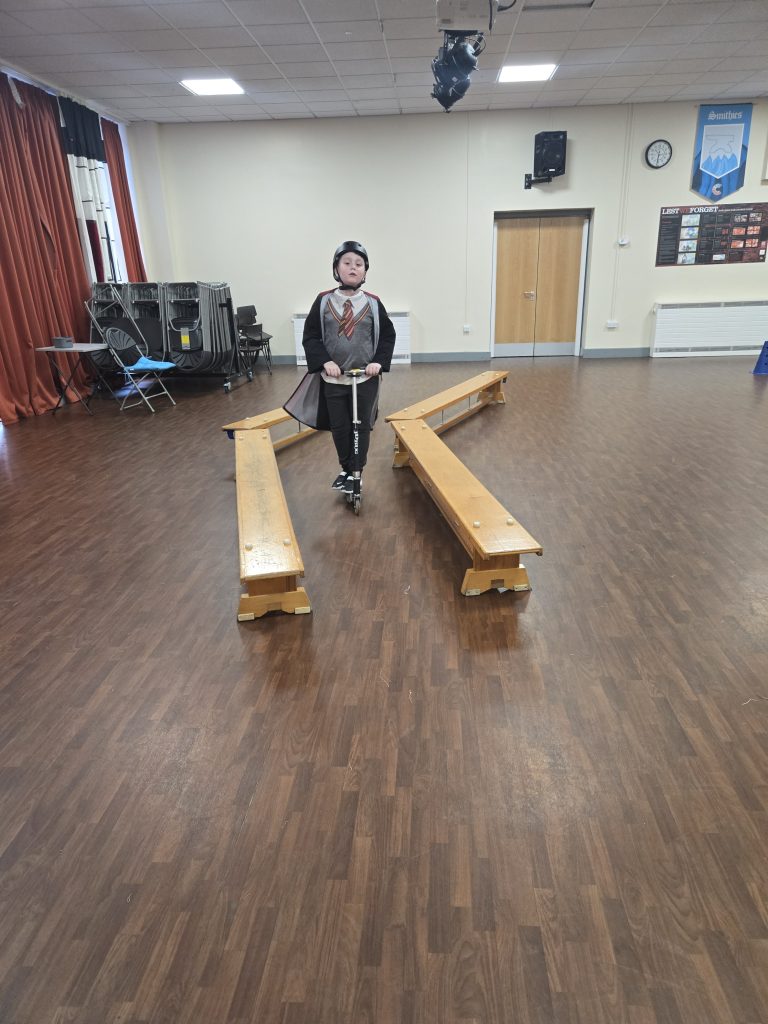
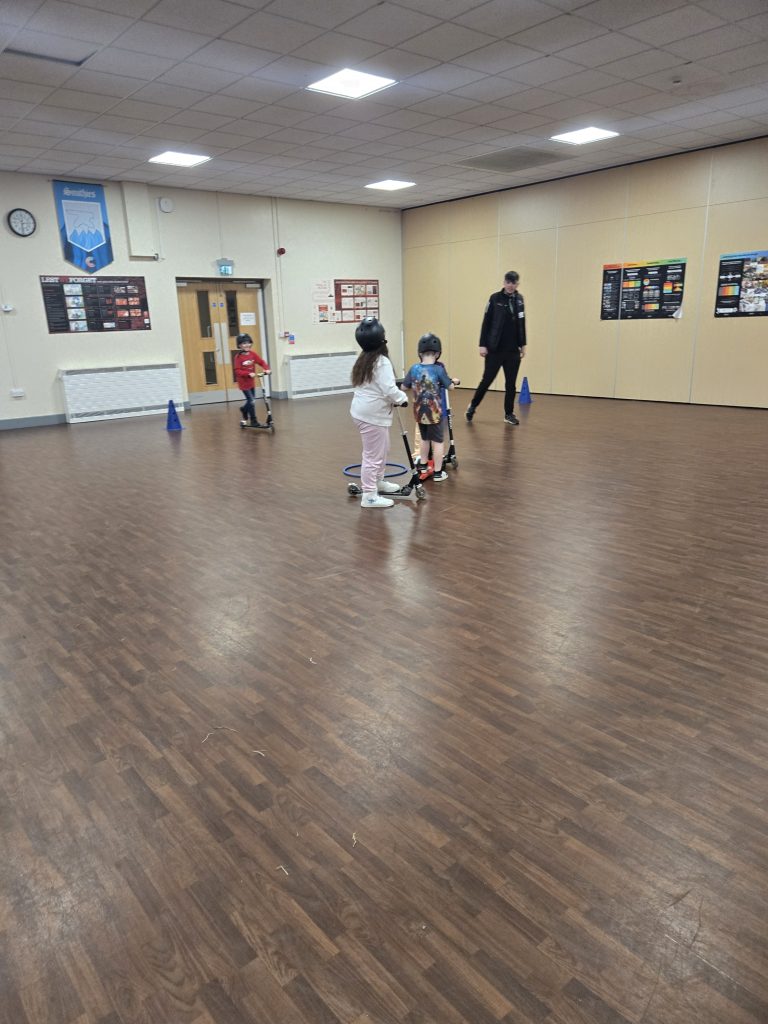
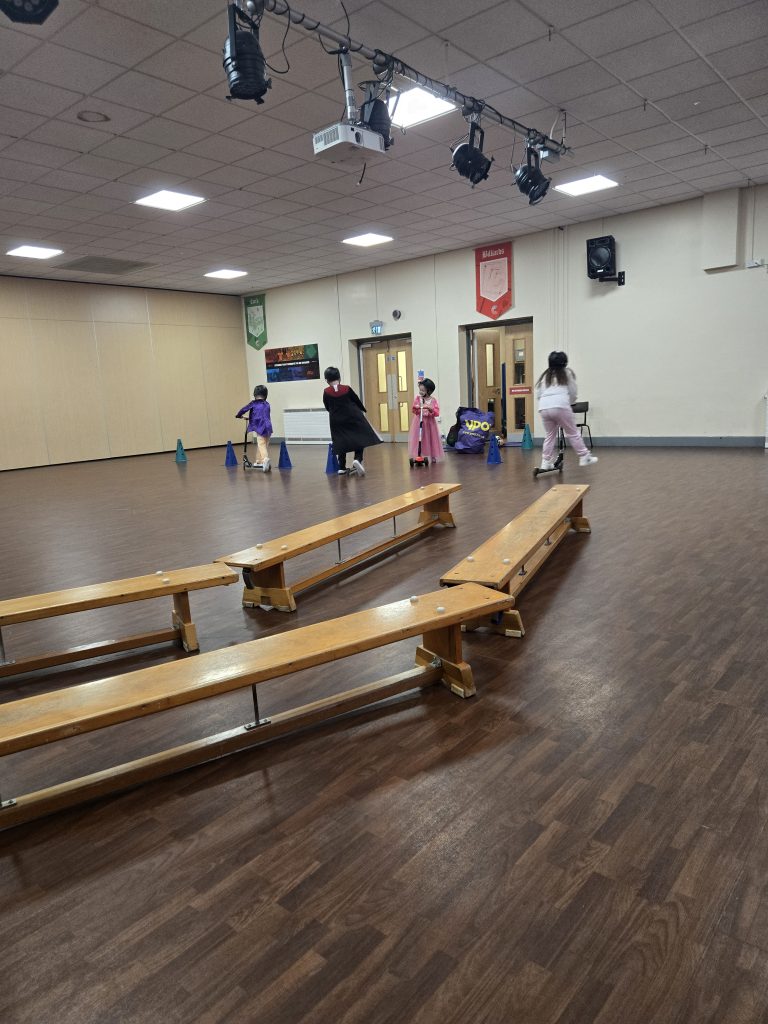
Today Leland was the one who got the postcard due to his amazing work he has done and helping the rest of his peers.
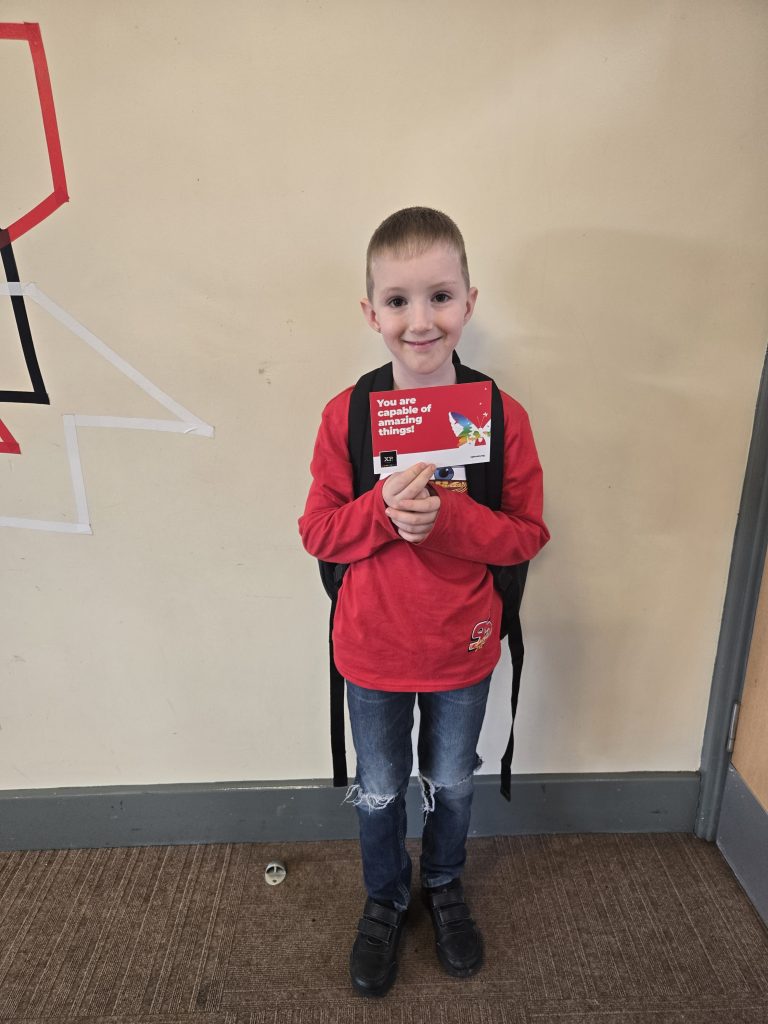
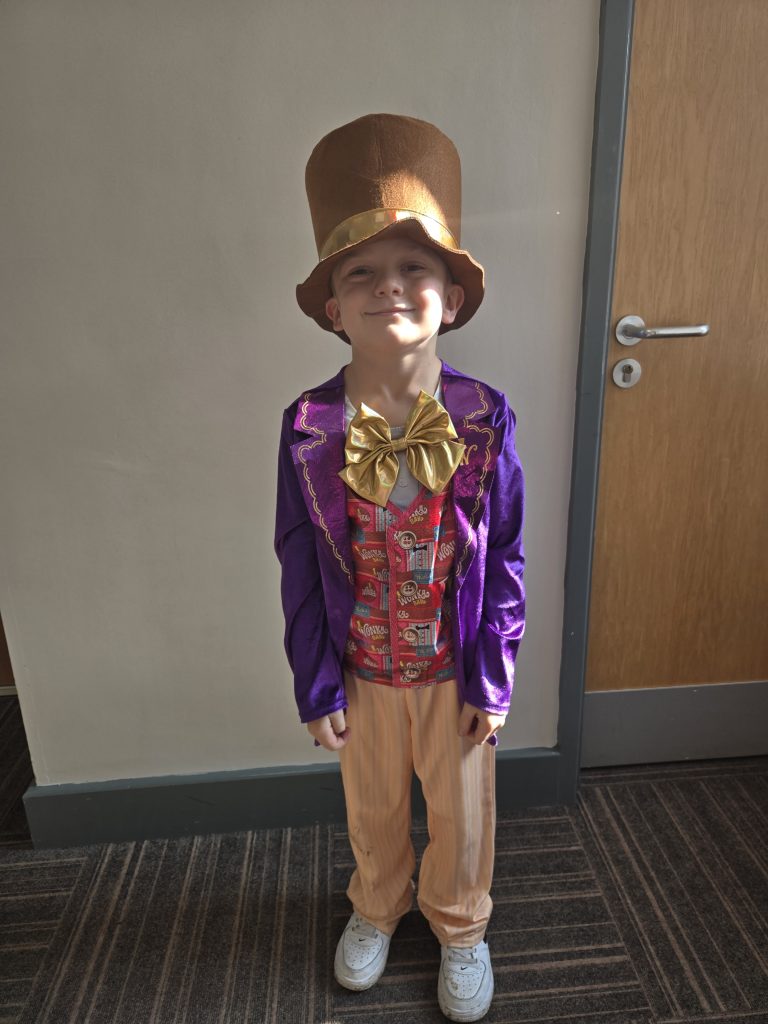
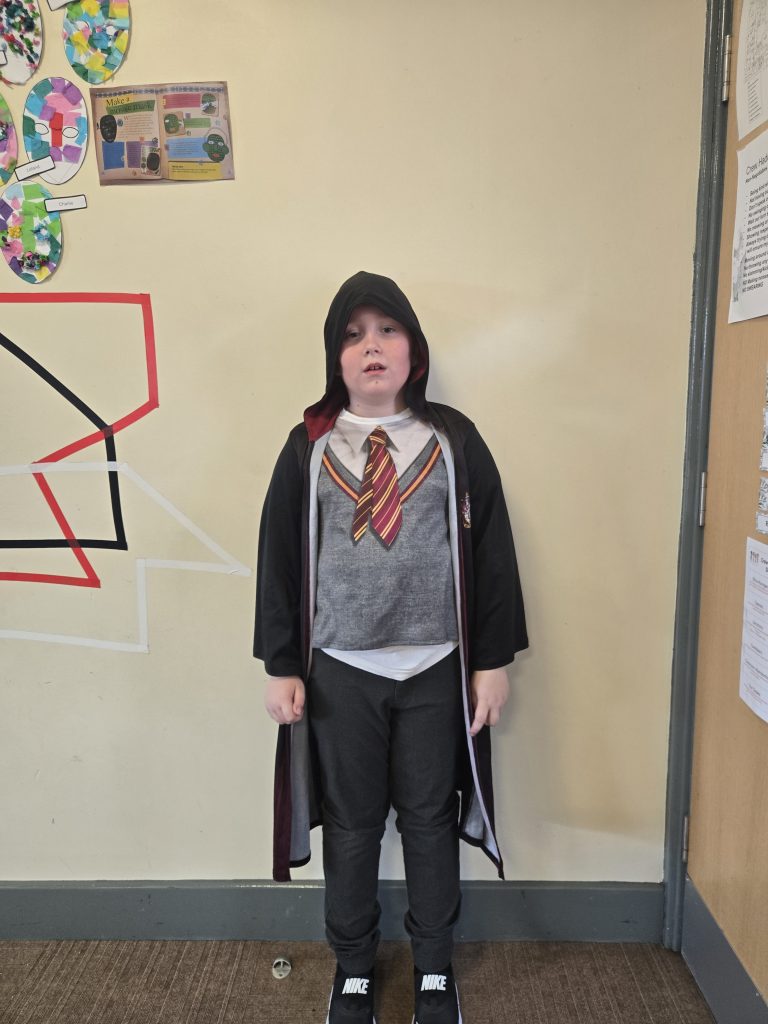
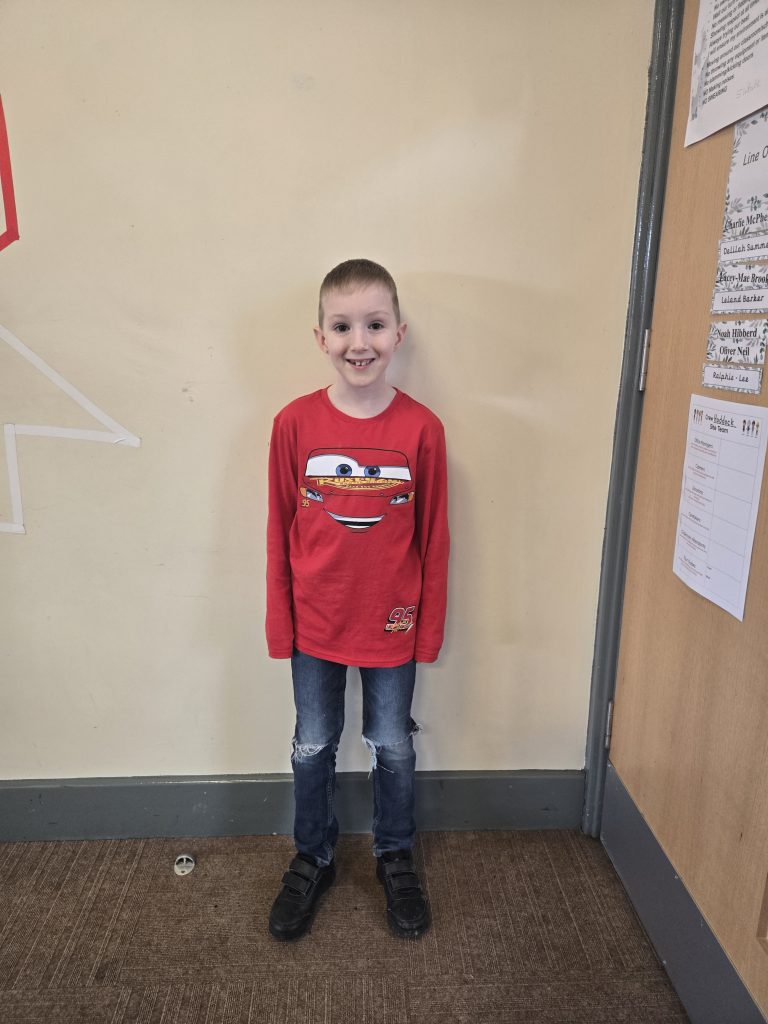
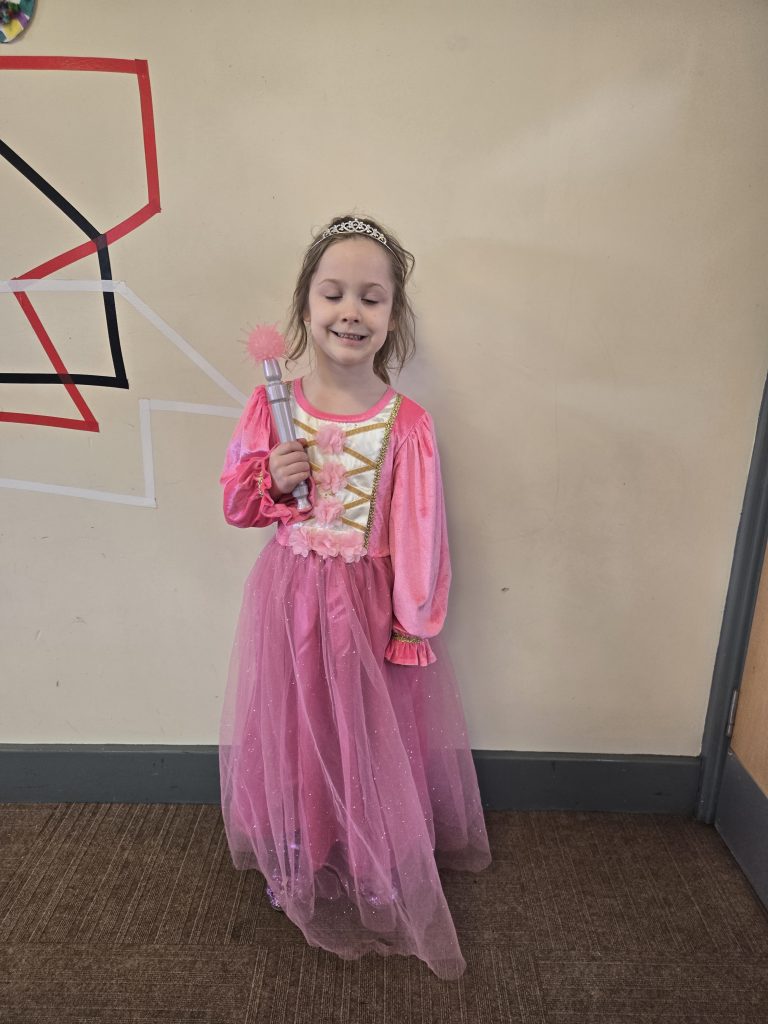
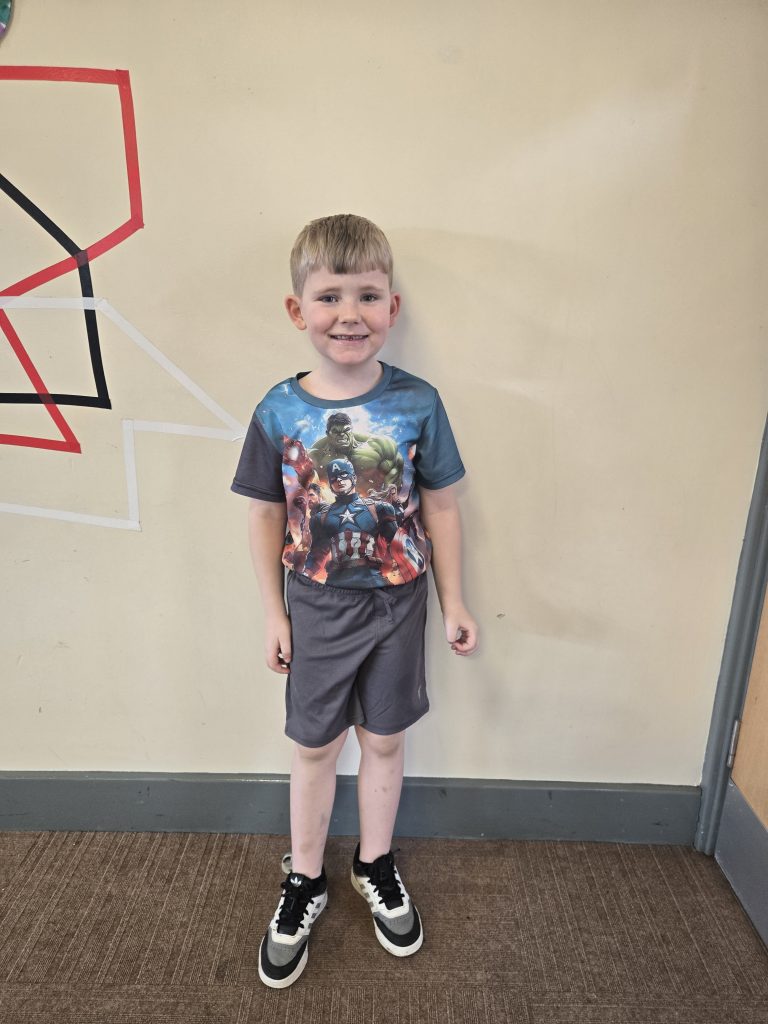
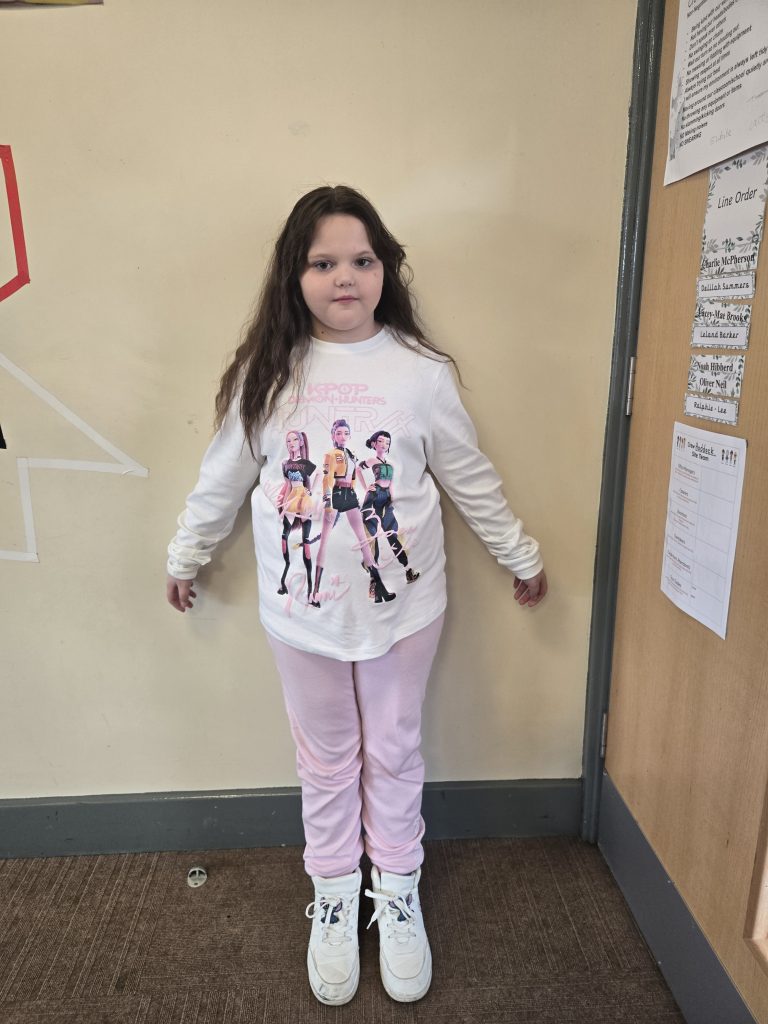
Today, Crew White celebrated World Book Day with a fun book discovery activity designed to spark curiosity about reading. Students began by silently exploring eight different books placed around the room, judging their first impressions based on the covers. After discussing what caught their attention, students read a selection of blurbs, noted interesting details and questions on post-its, and reconsidered their choices. To finish, we held a lively Book Tournament, where the eight books competed in a class vote until one Crew White Champion Book was crowned — which we’ll now begin reading together in class.
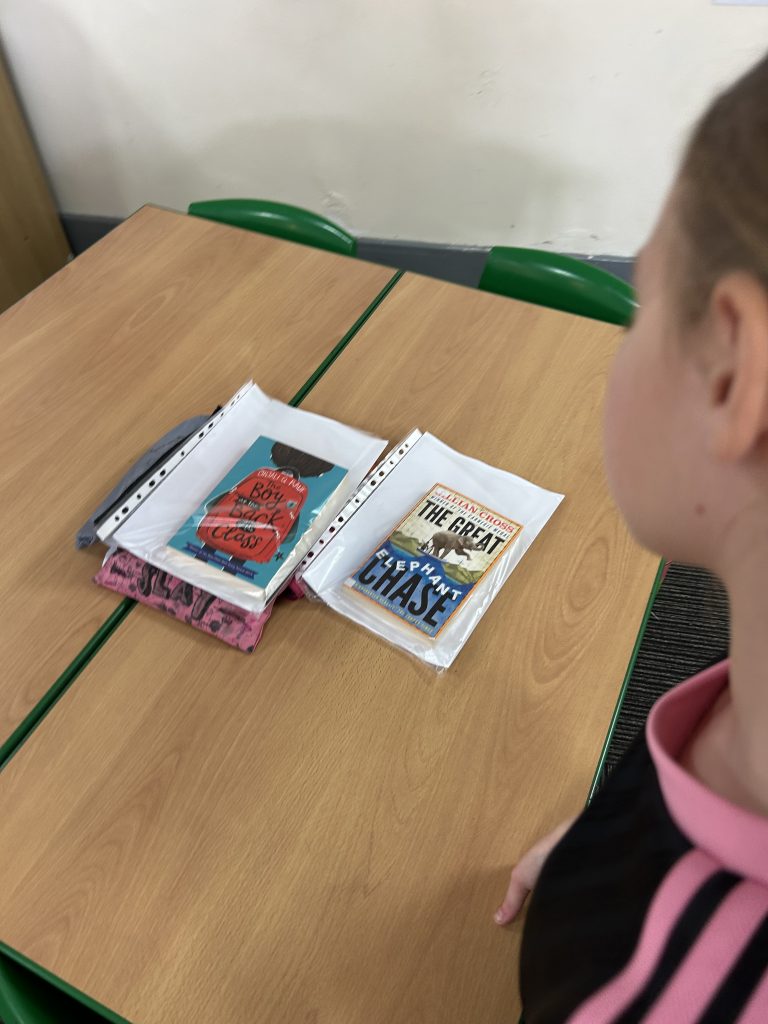
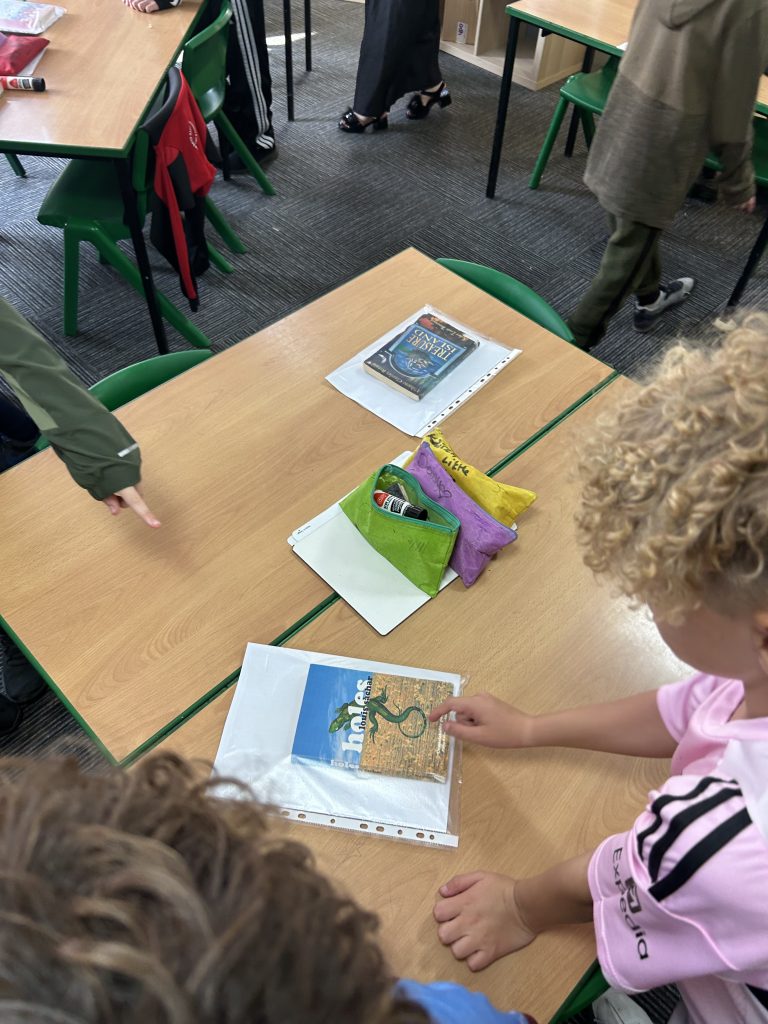
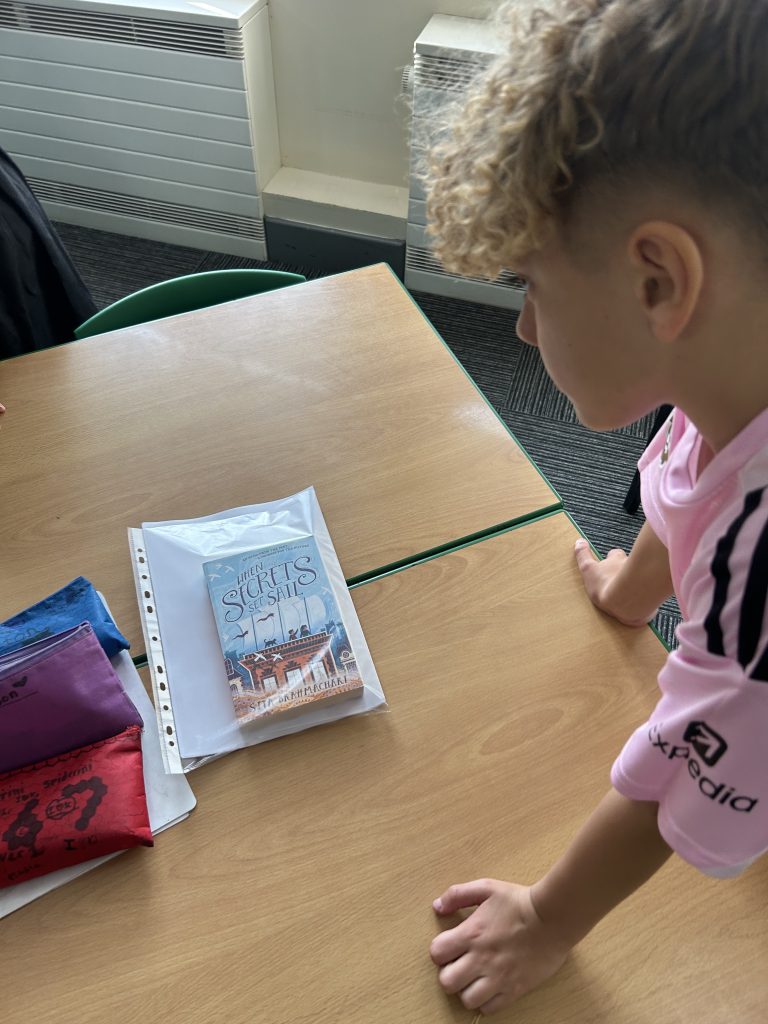
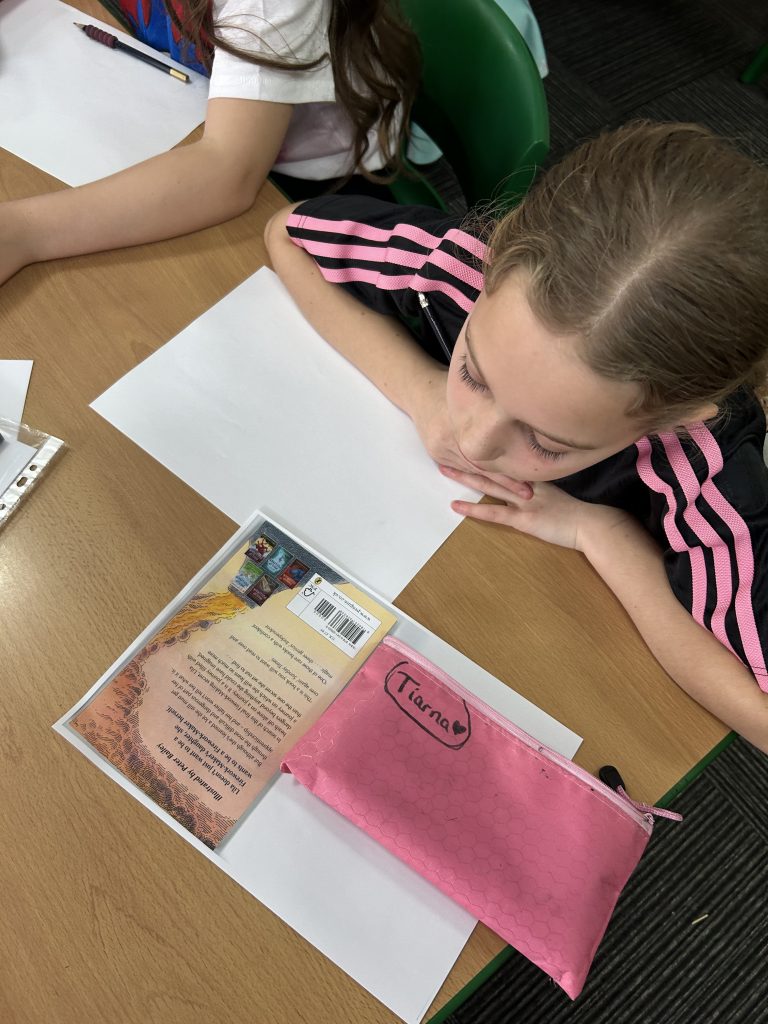
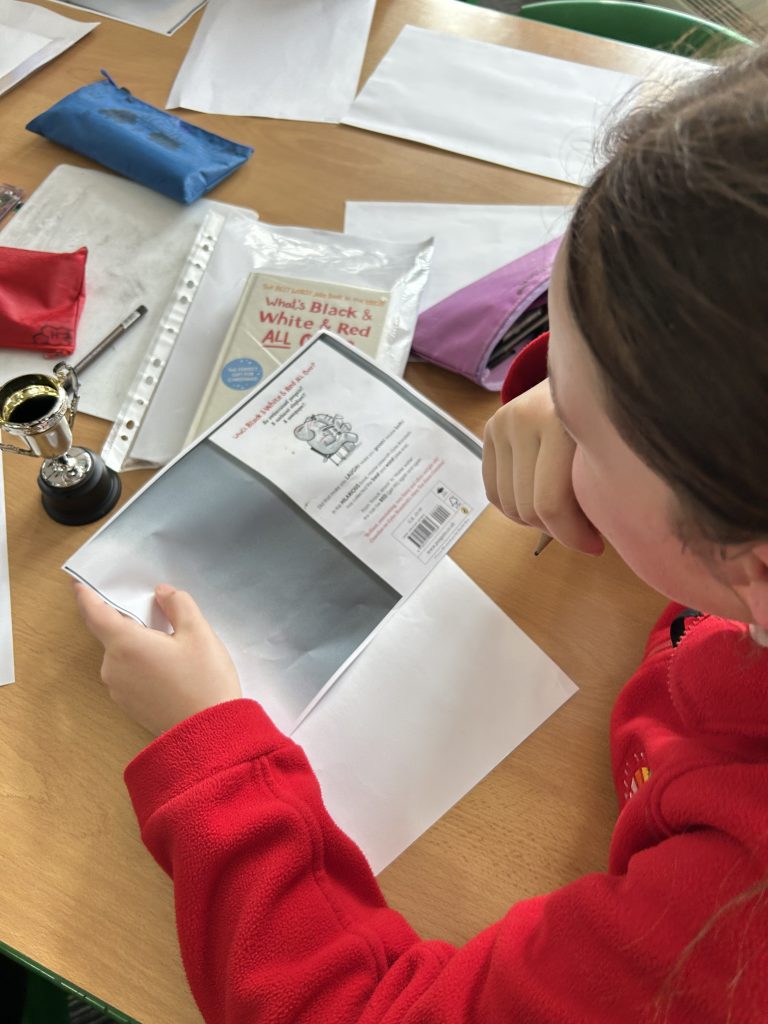
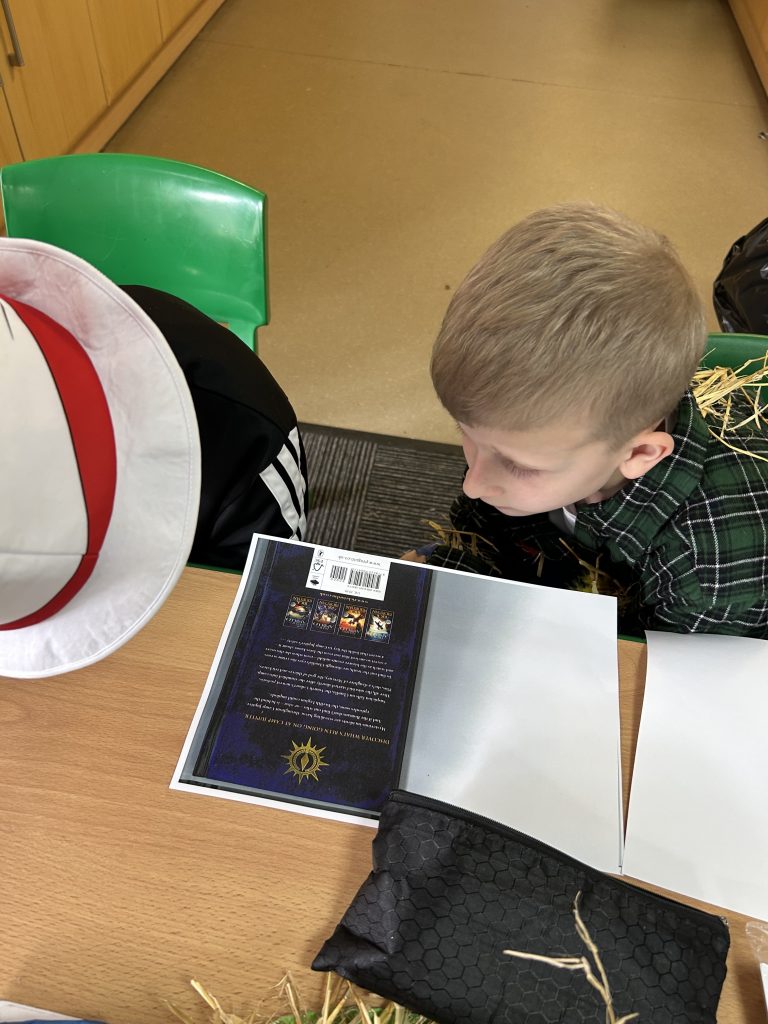
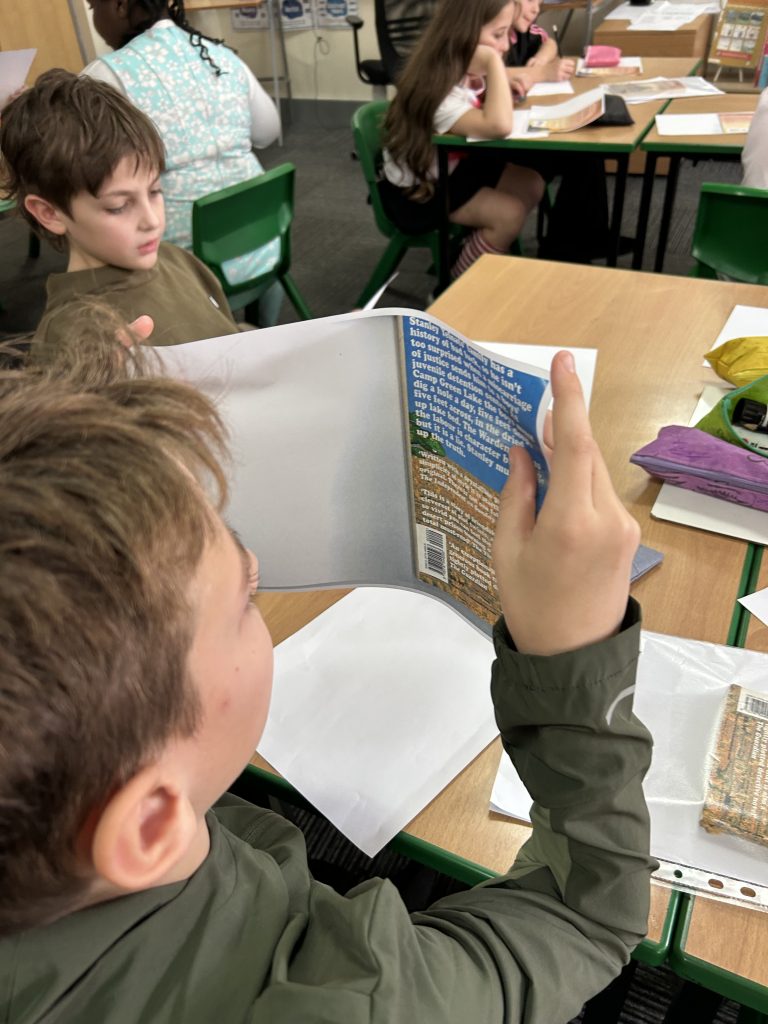
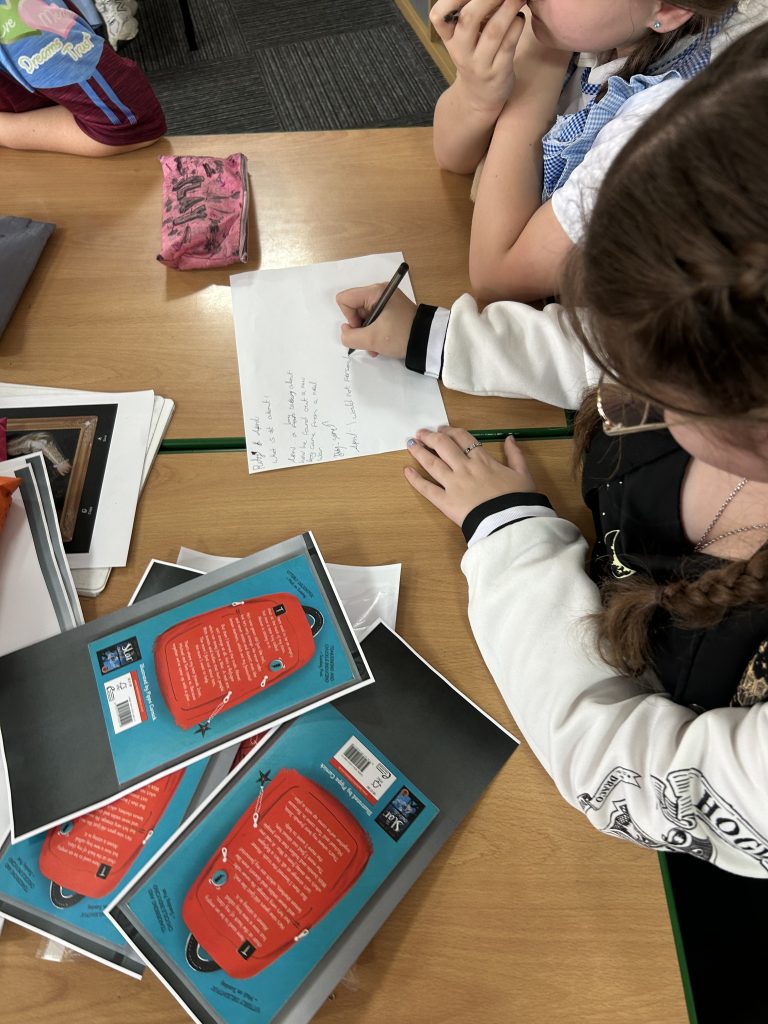
World Book Day was such a fun experience for the children. We loved seeing everyone in their wonderful costumes, and a big thank you to all the parents for spending the time and effort preparing the children’s fantastic outfits.
During our session today, the children enjoyed developing their cutting skills as they made their own Wizard of Oz puppets. They carefully used scissors and materials to create their characters, showing great focus and creativity.
The children also used their fine motor skills to draw pictures of Elphaba and Glinda, taking time to add their own details and colours. It was lovely to see their imagination come to life through their drawings and puppet creations.
What a wonderful day celebrating books and stories together.
Well done, Crew Frost!
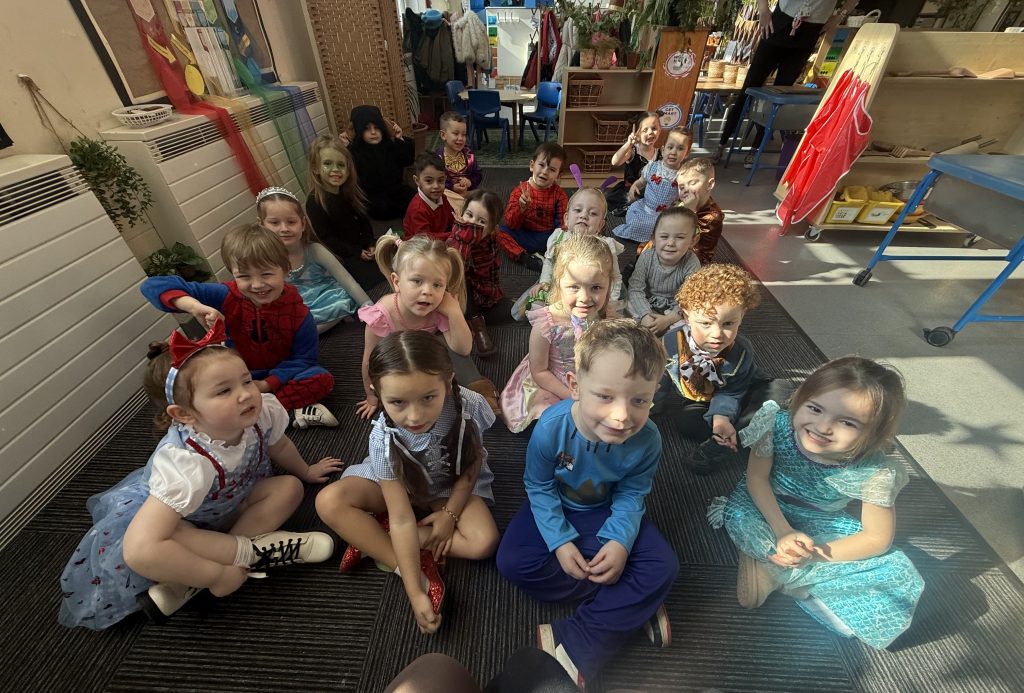
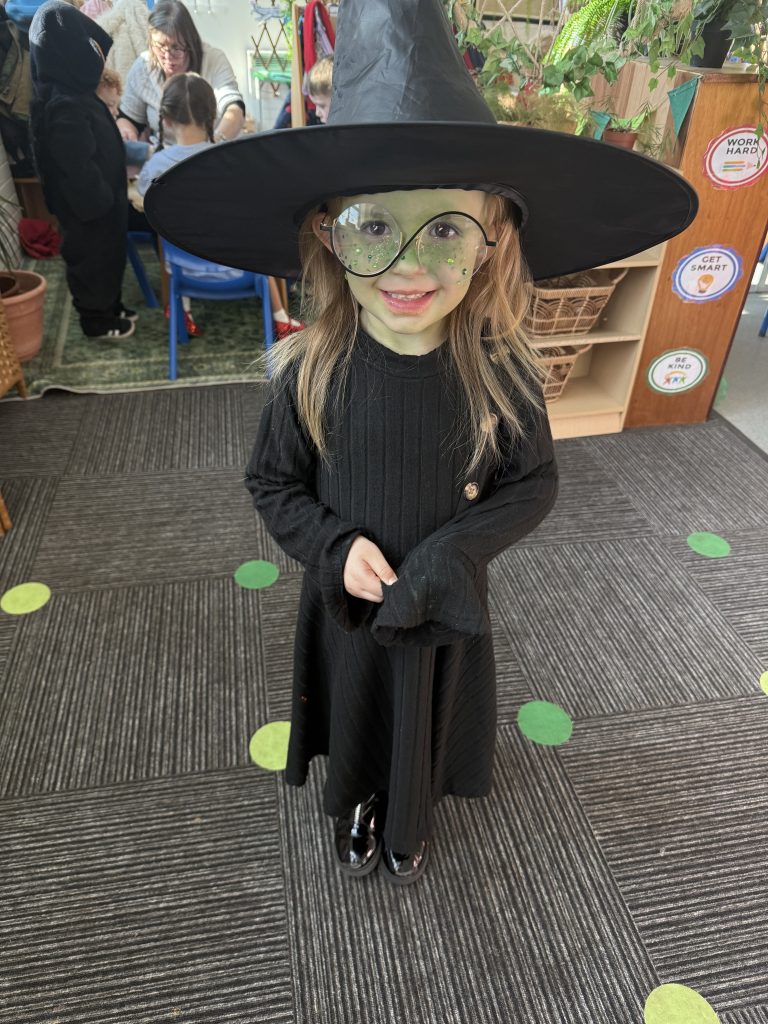
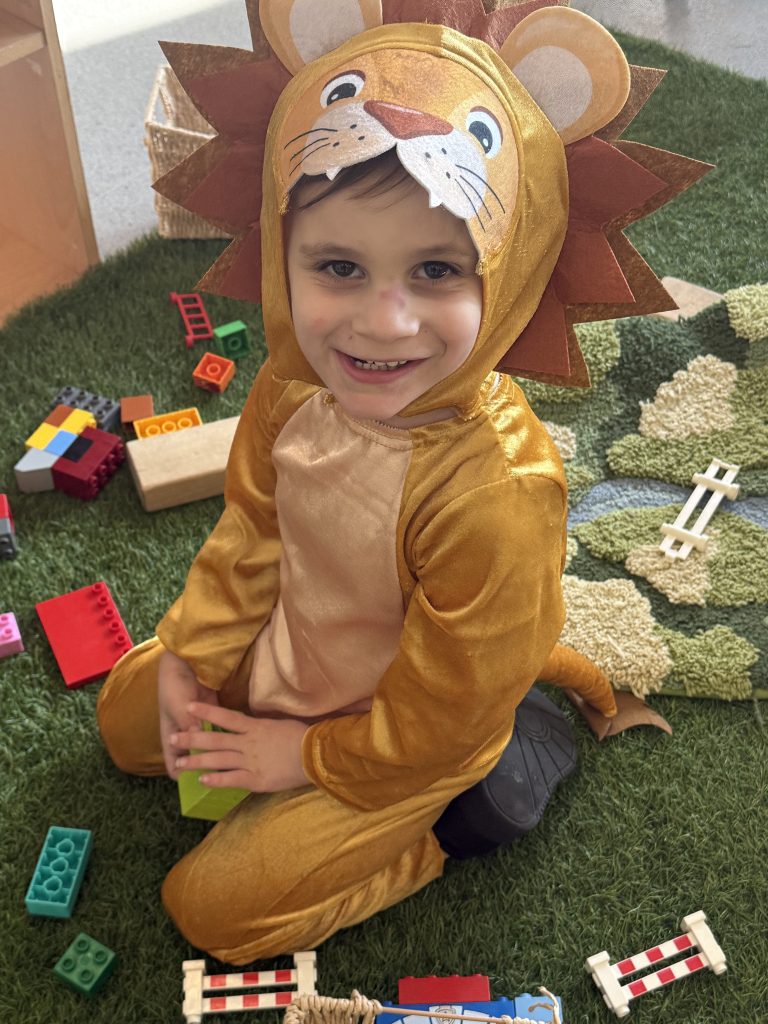
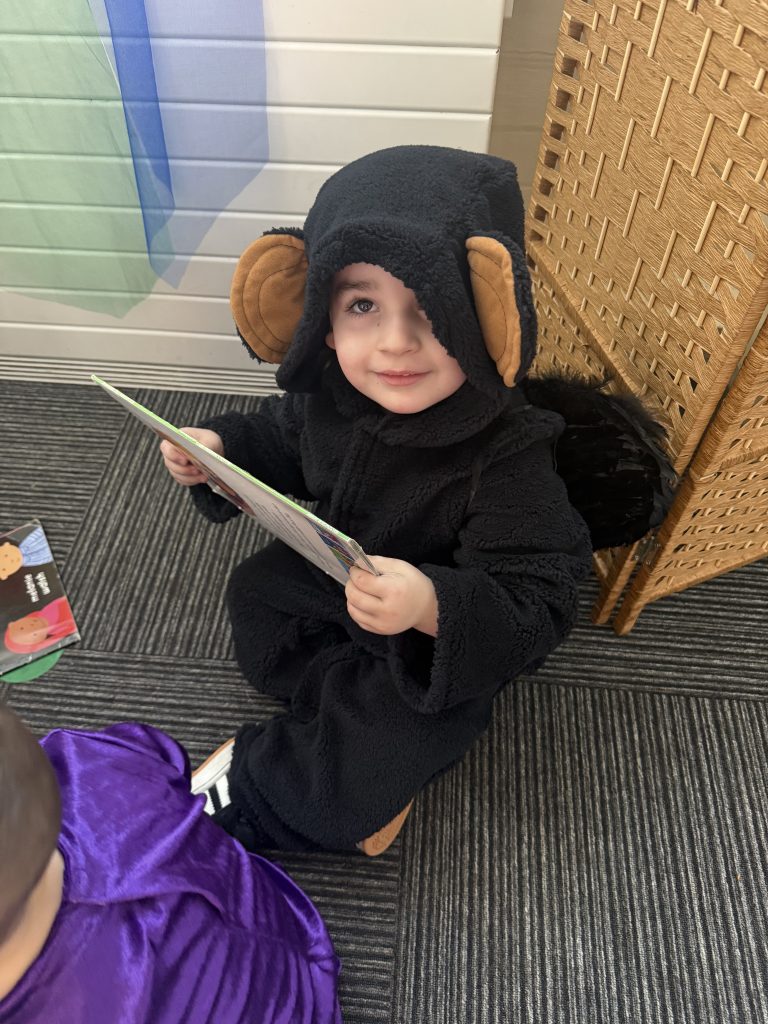
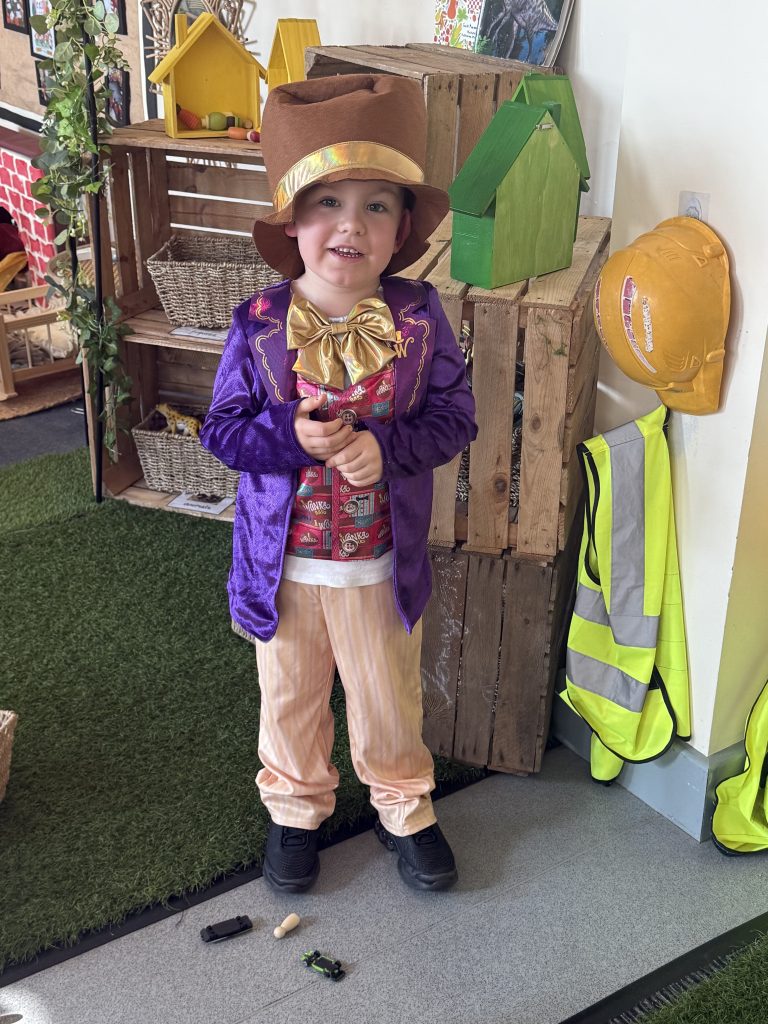
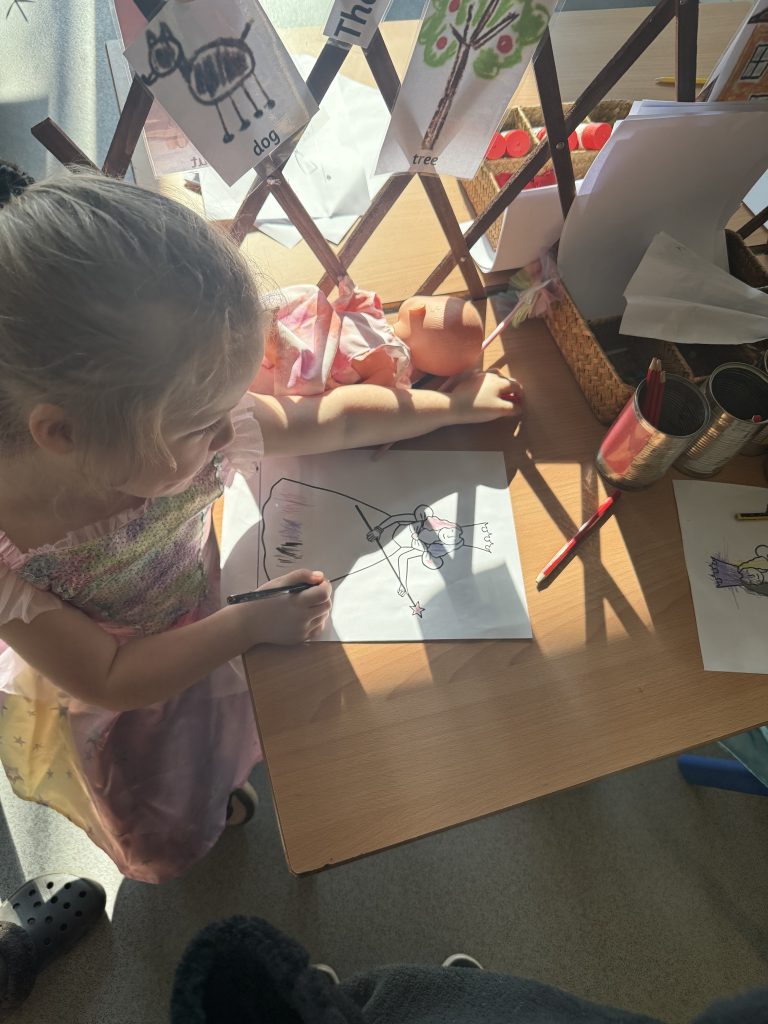
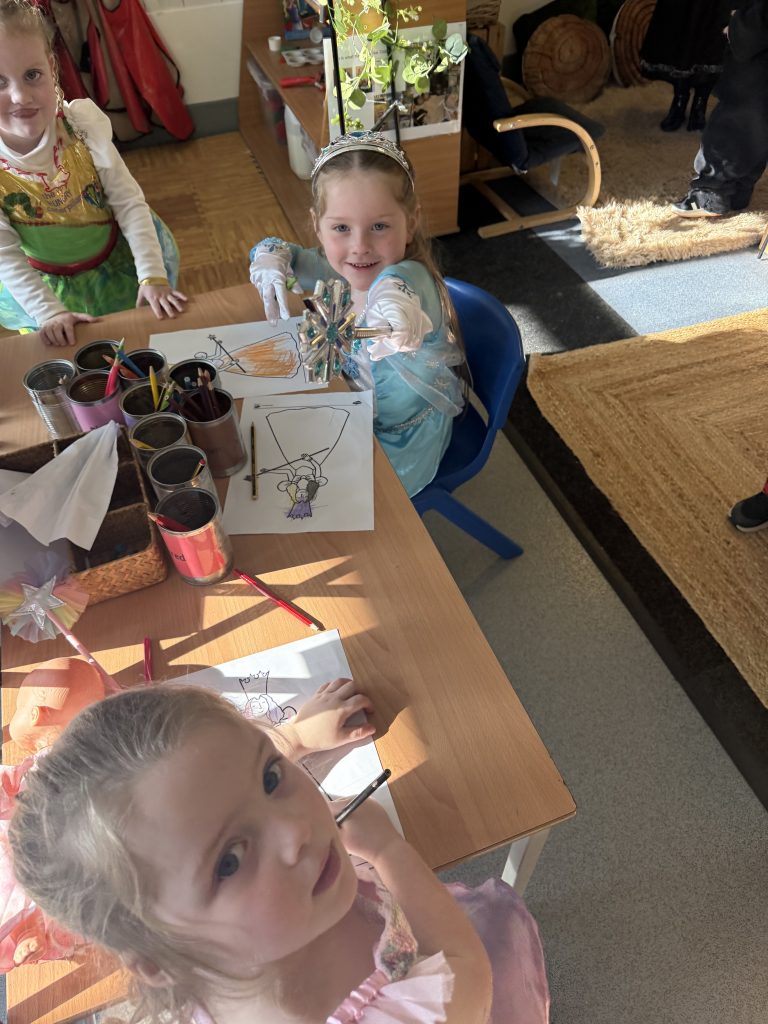
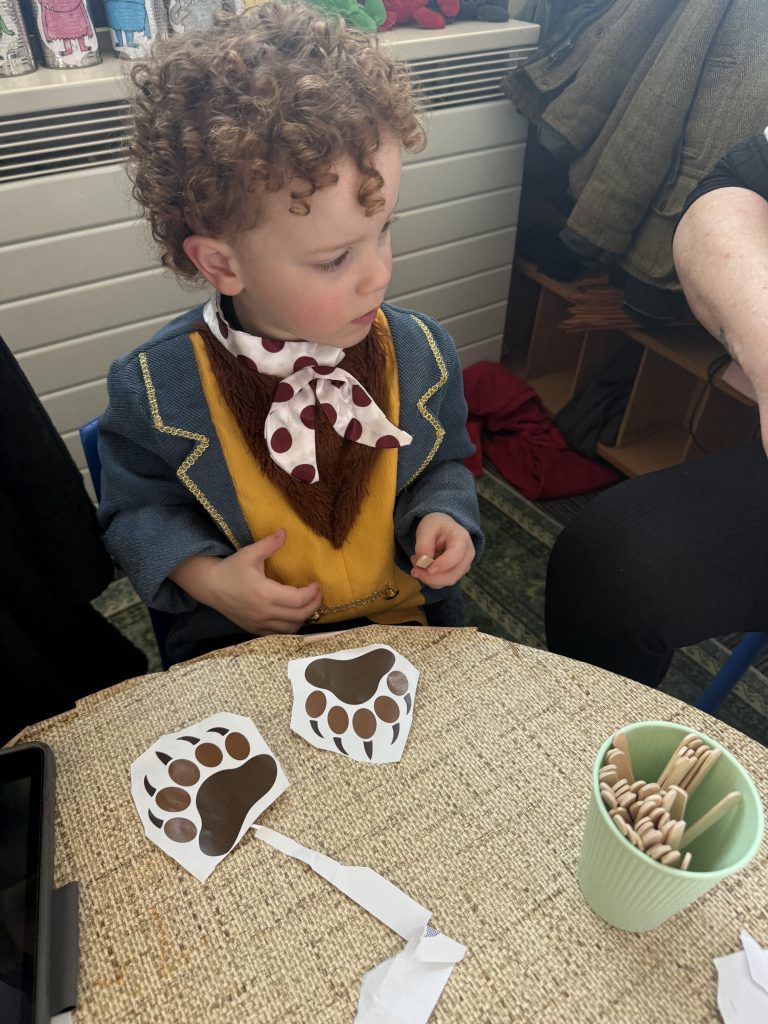
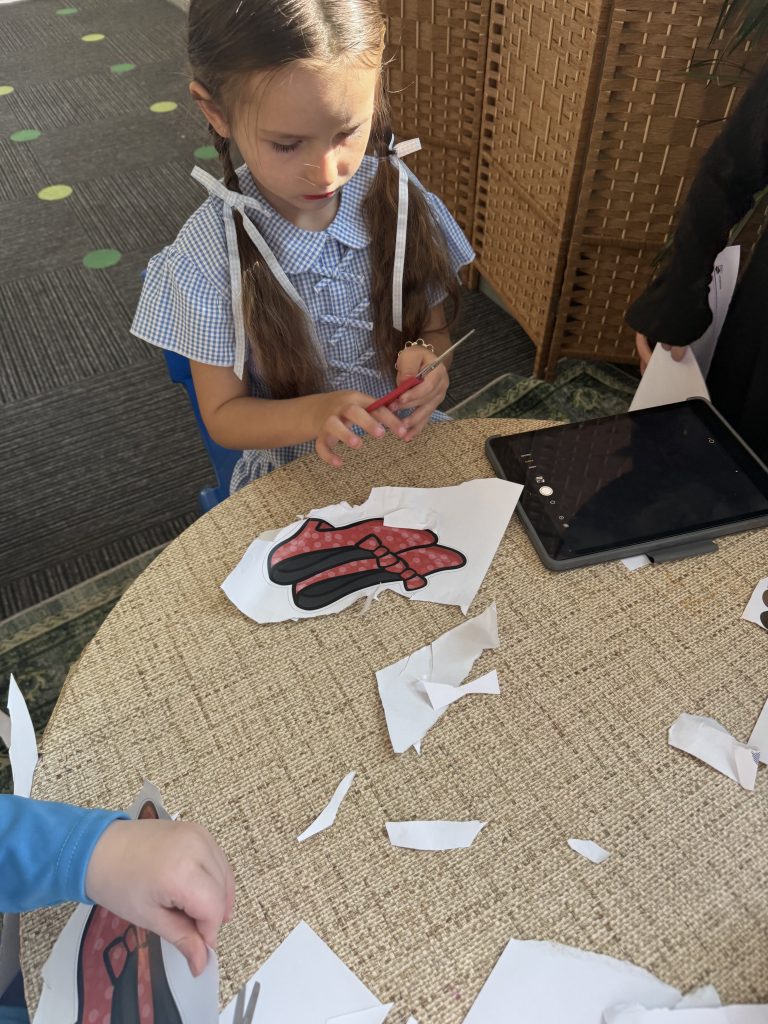
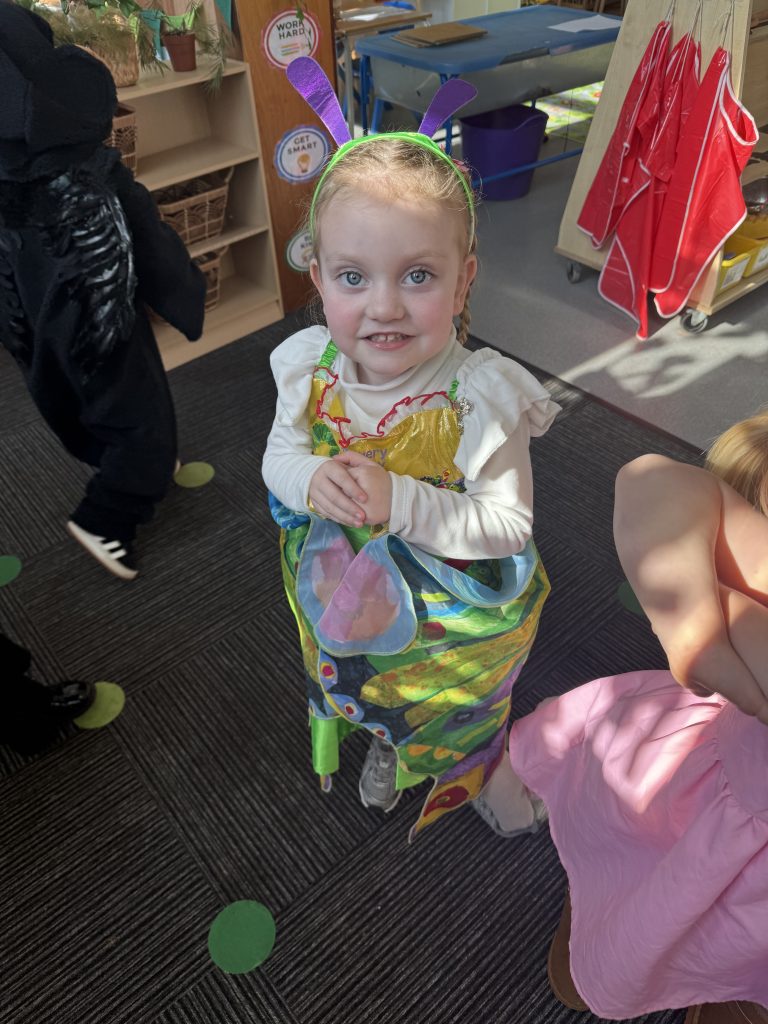
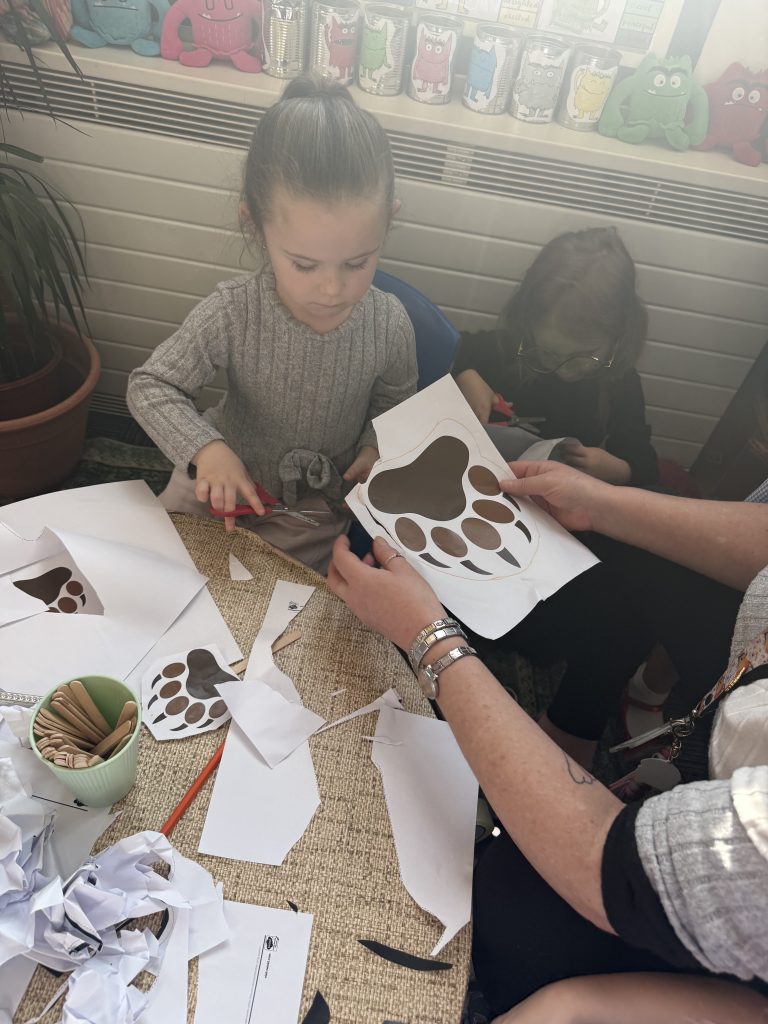
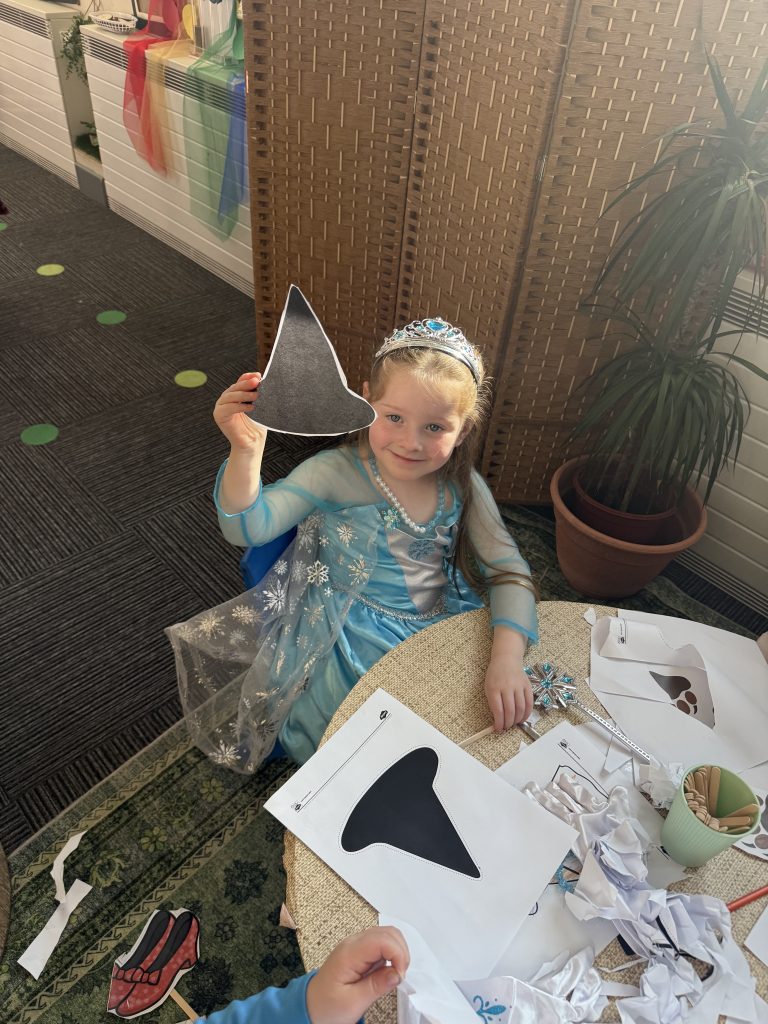
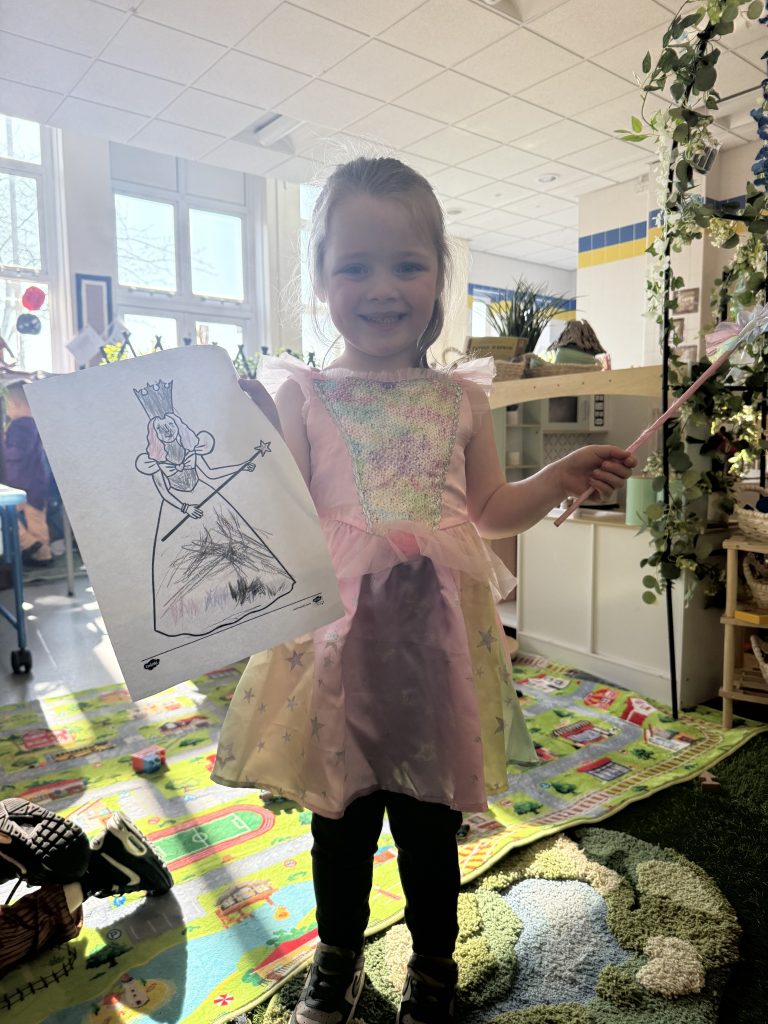
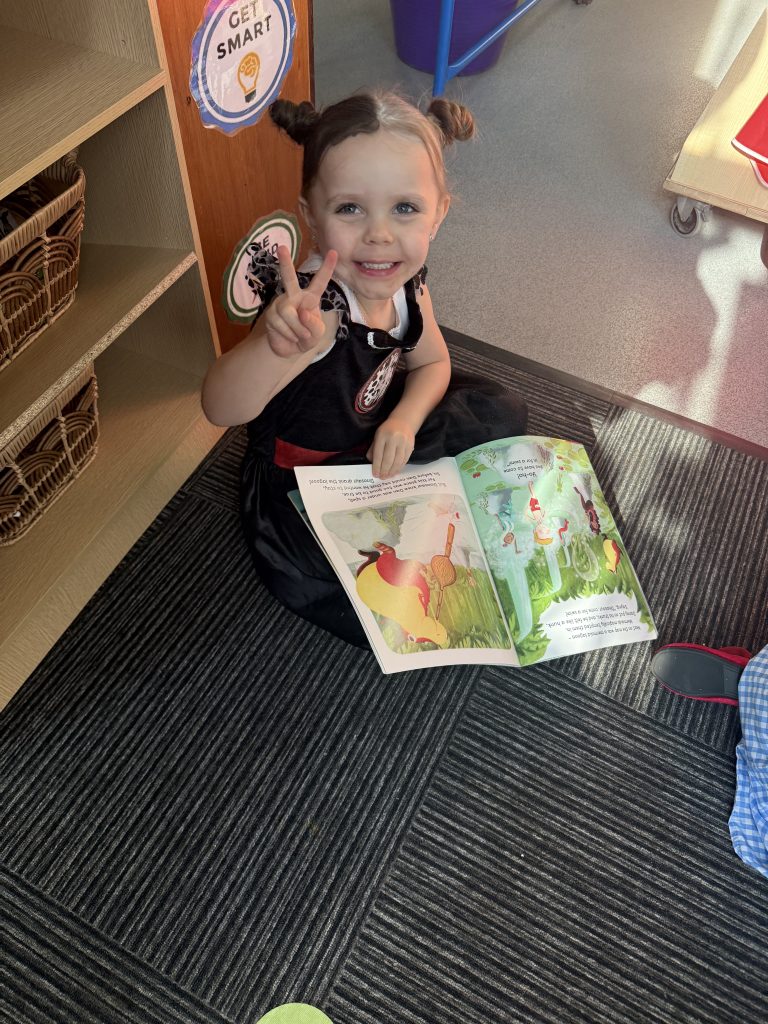
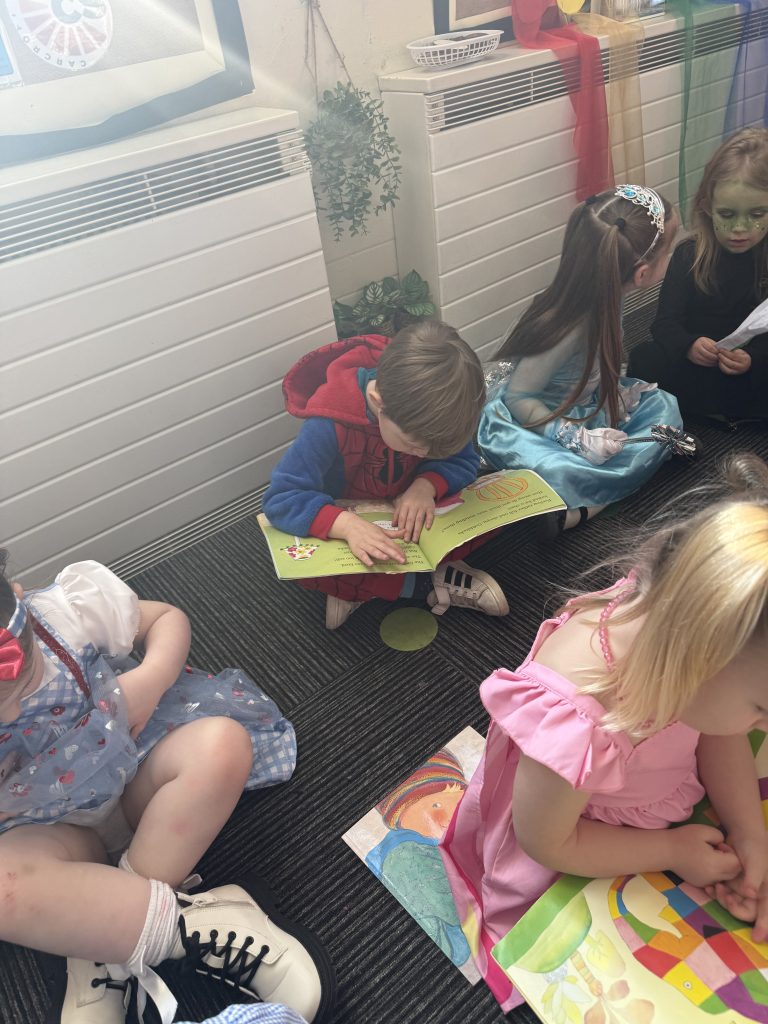
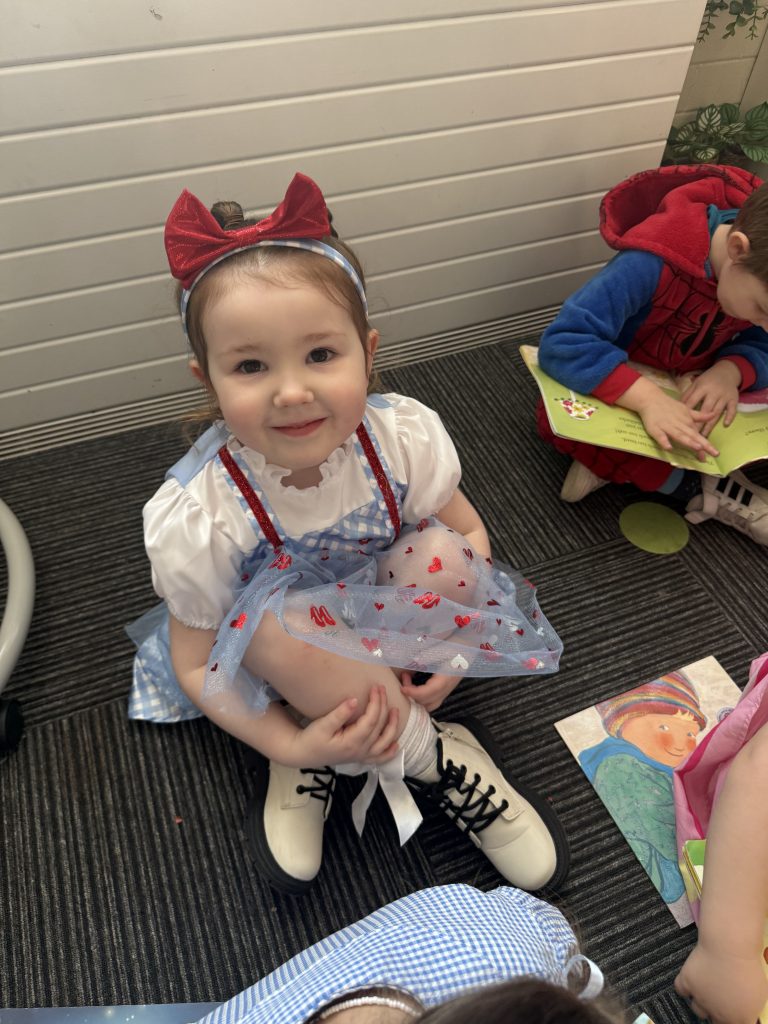
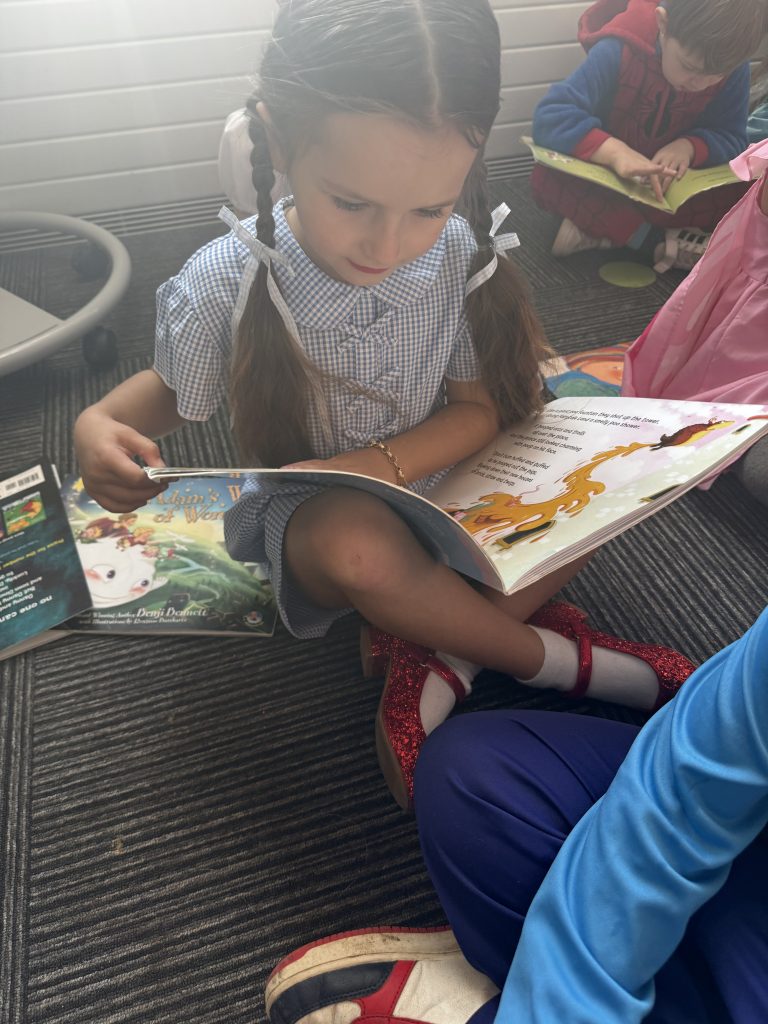
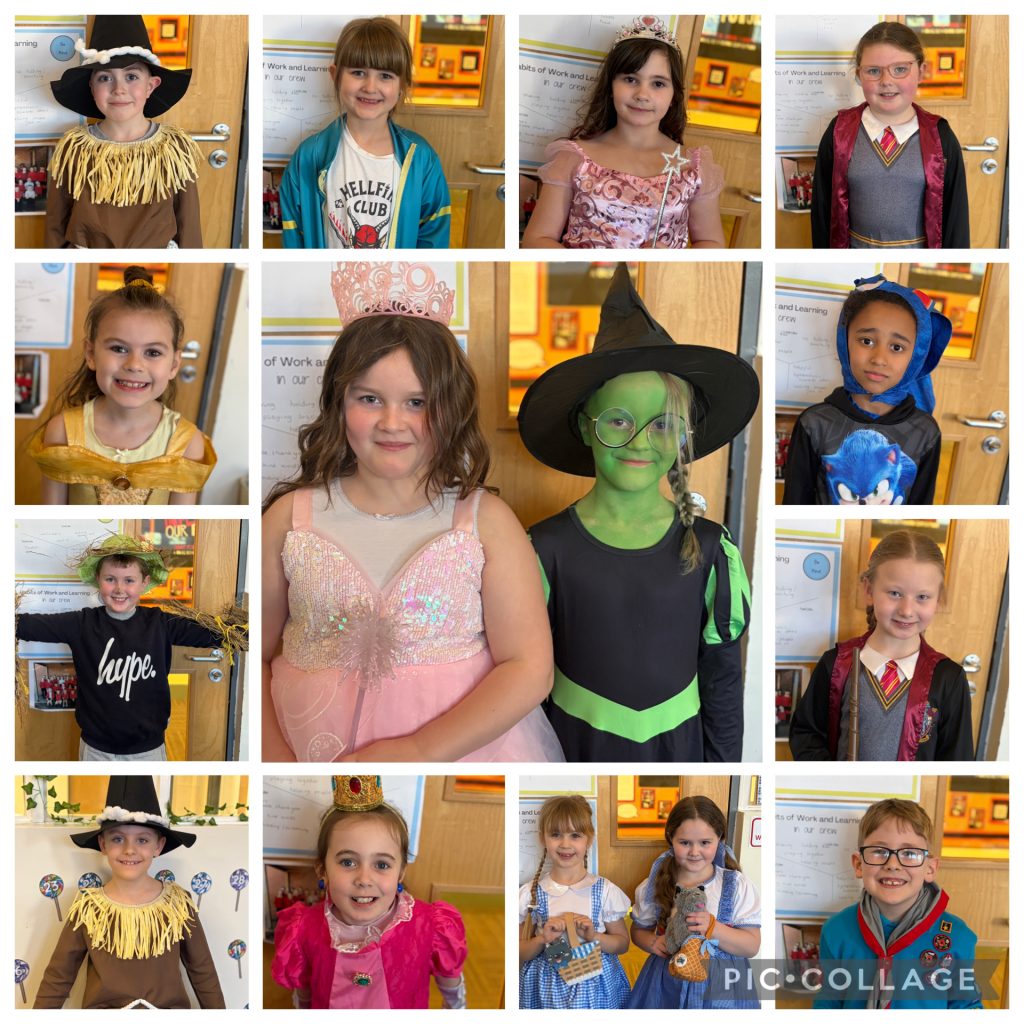
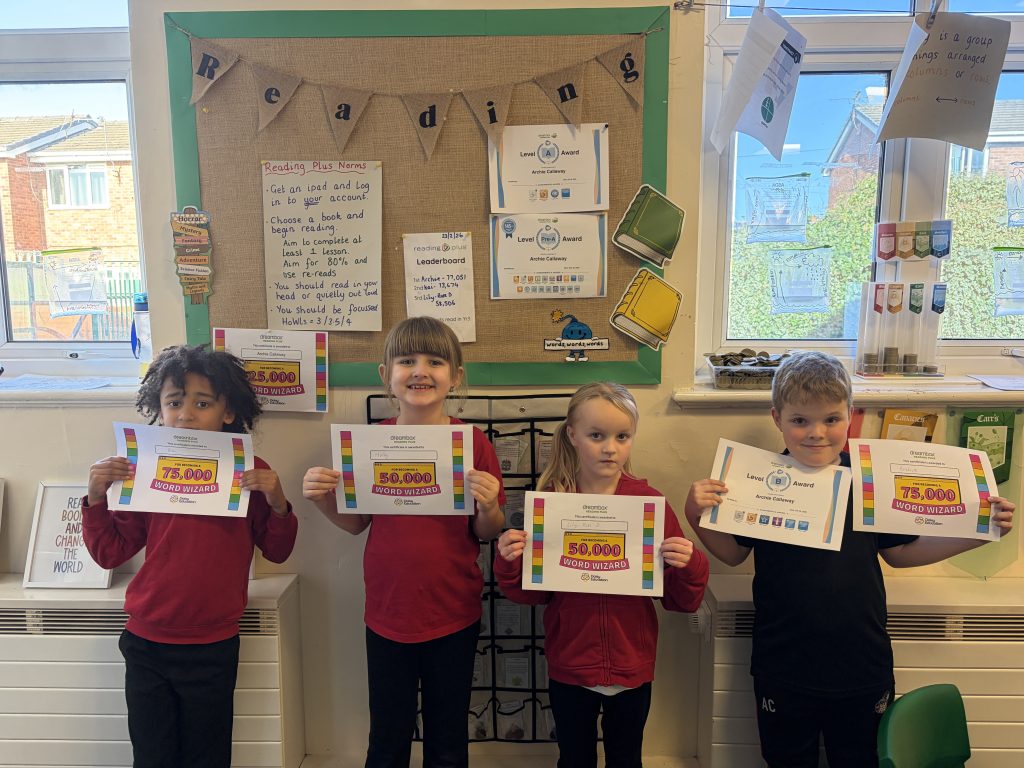
Well done to Kai, Molly, Lily-Rose and Archie on their latest reading awards!
In today’s handwriting lesson we looked at ‘the misfits’. I was blown away with how the children showed great listening skills during the input and then showcased their beautiful work by producing this handwriting. They all worked extremely hard and this really does show! Great work Crew Ramsey keep it up 🙂
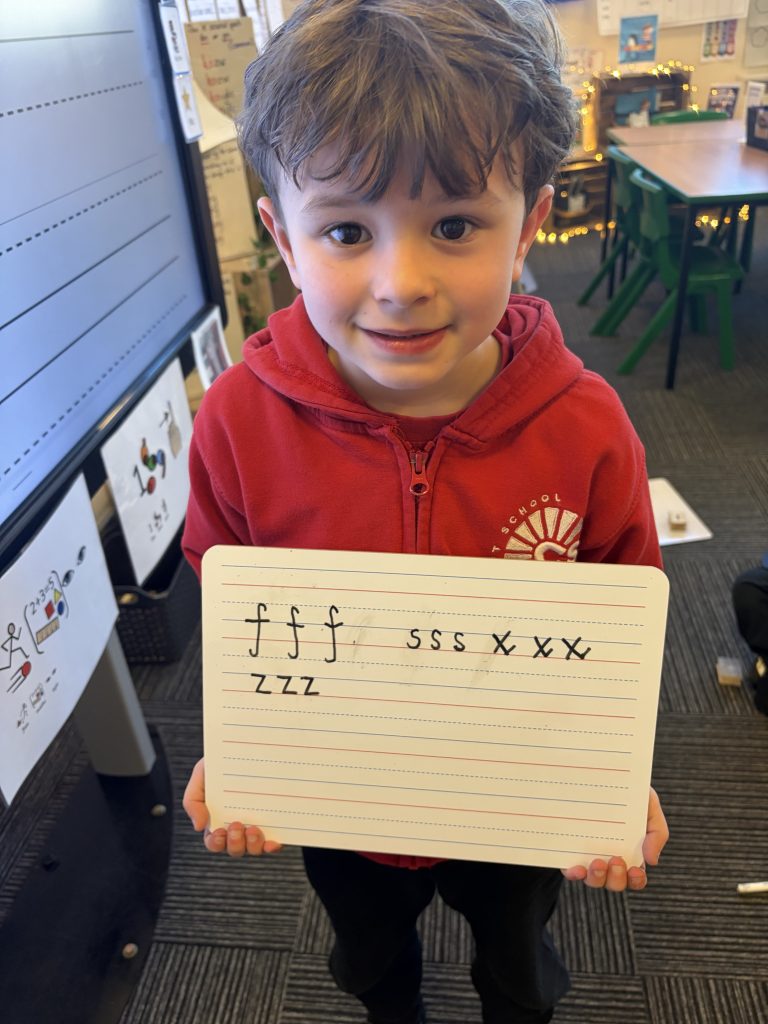
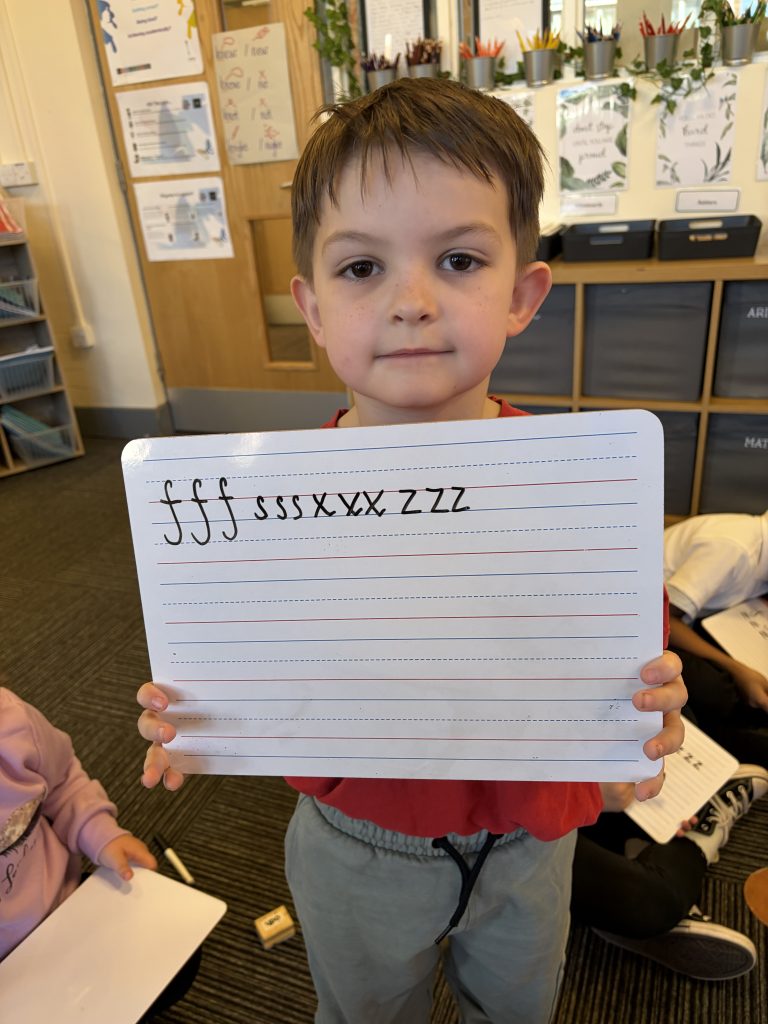
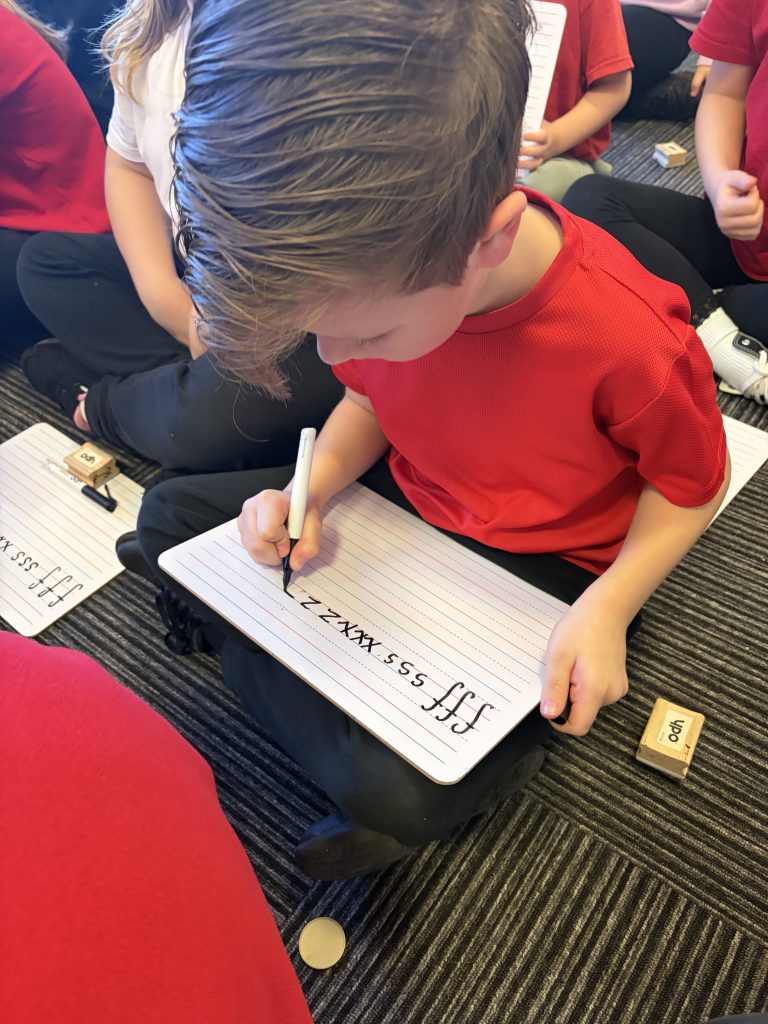
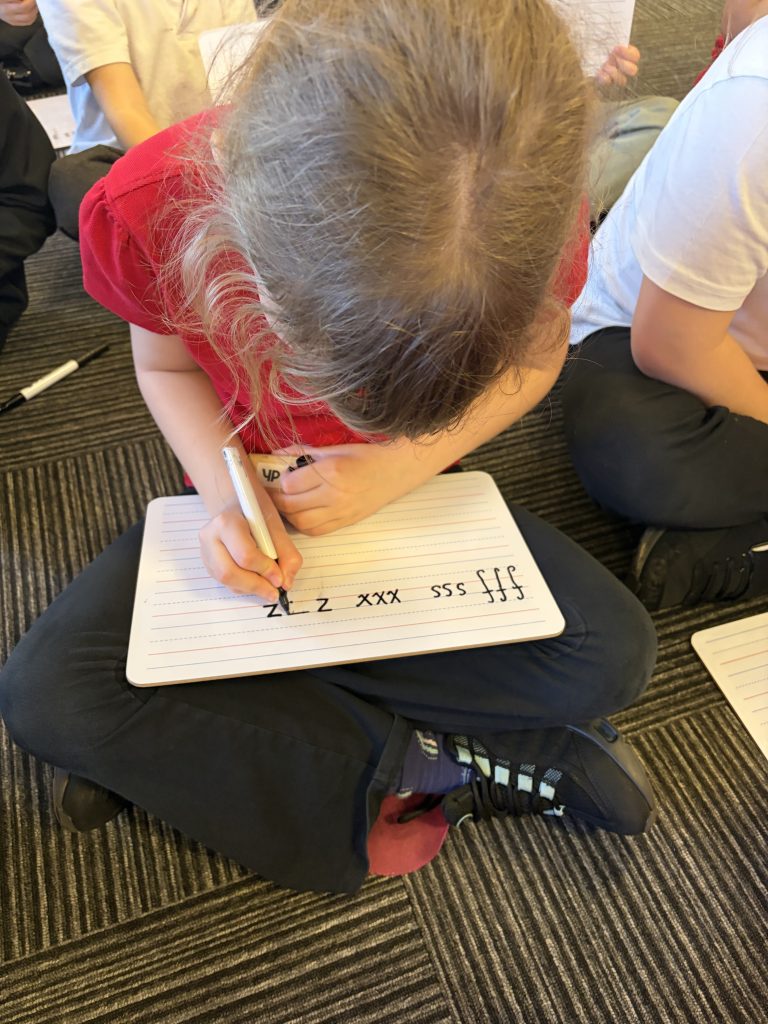
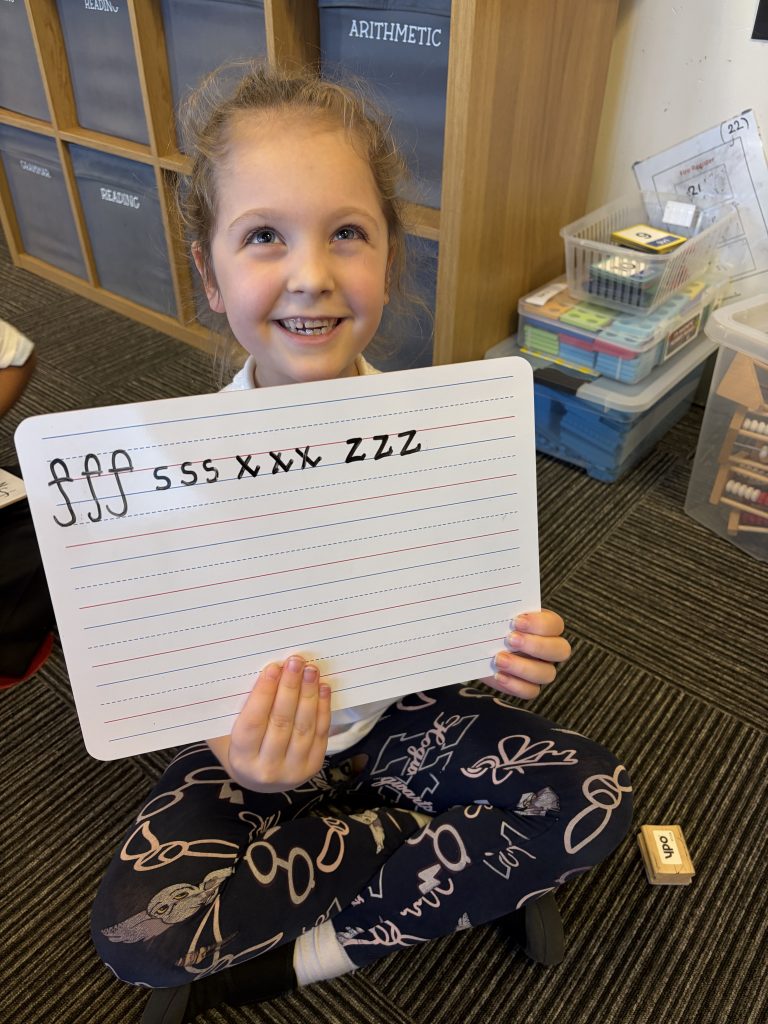
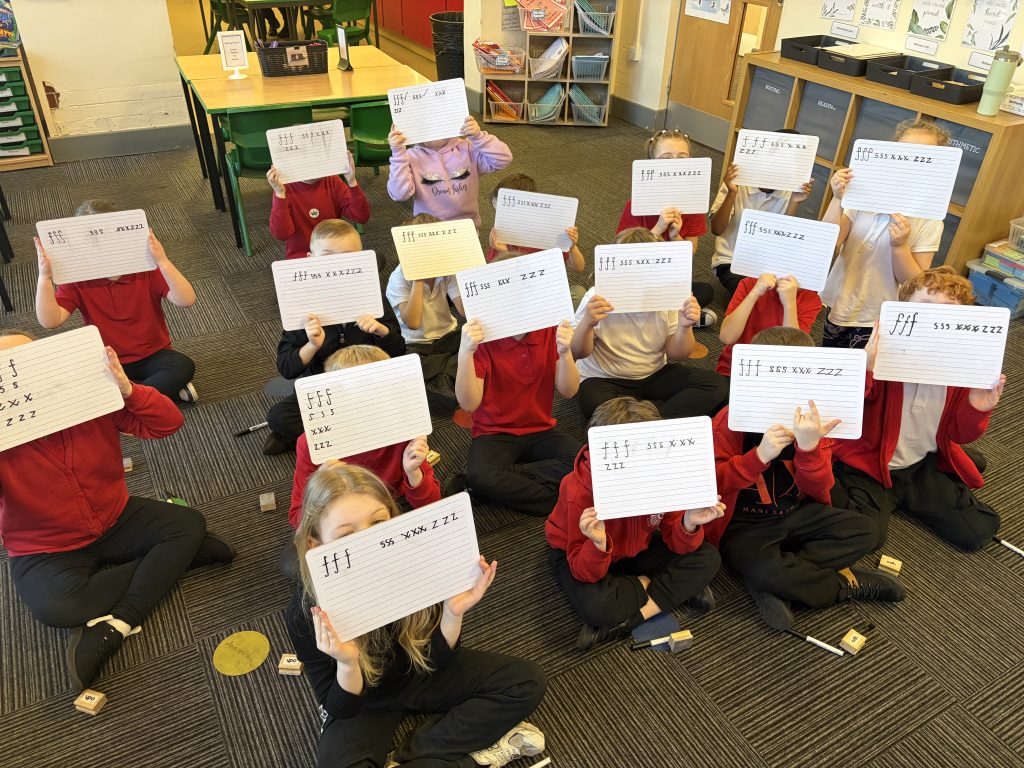
The children have really enjoyed using the new equipment in the EYFS provision. They explored many of the areas outside but the favourites had to be the slide, mud kitchen and using the exciting equipment in the water area. The children worked together to fill tubes and showed great team work and resilience when things didn’t quite go to plan! What a great morning they had 🙂
